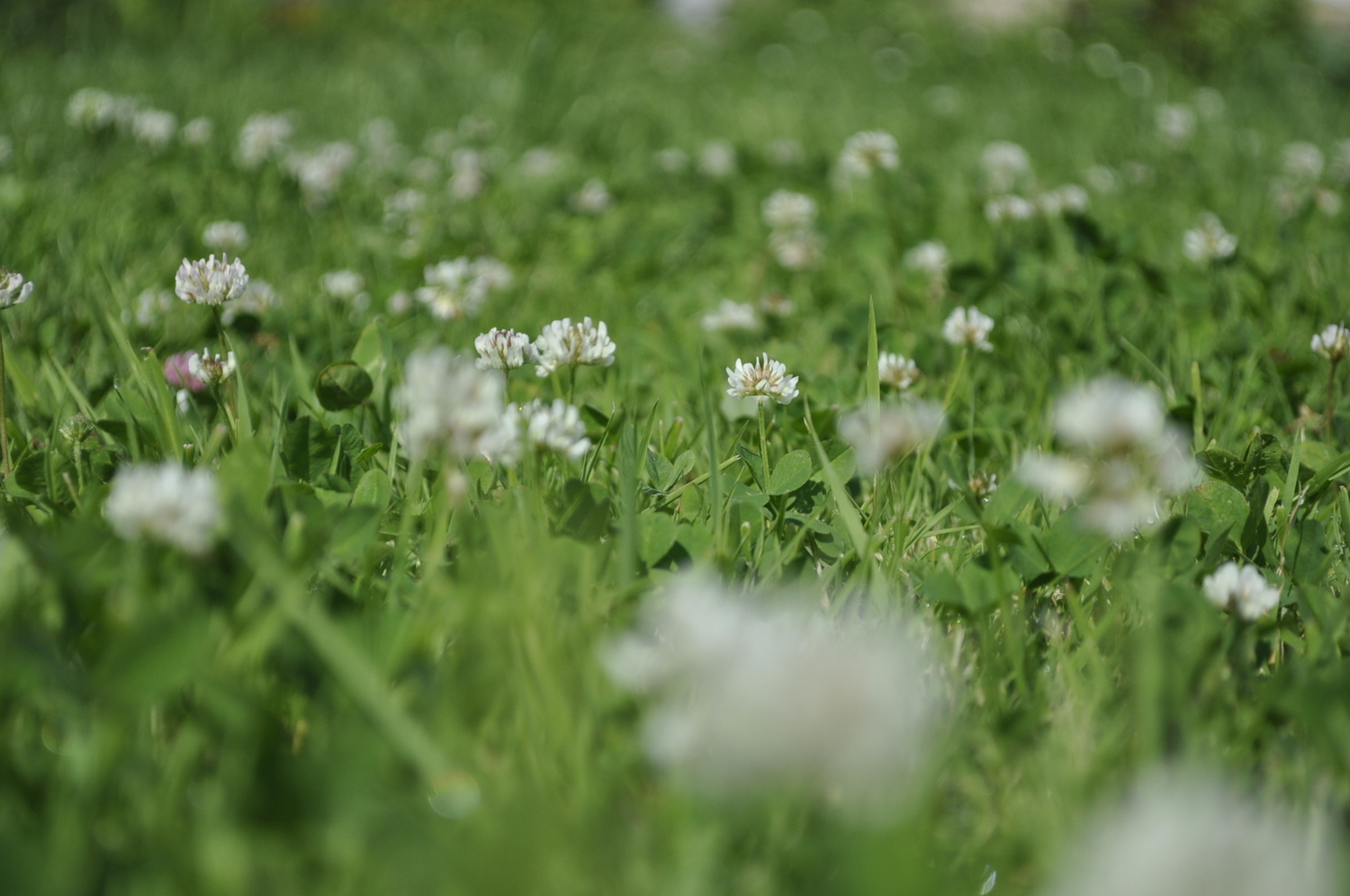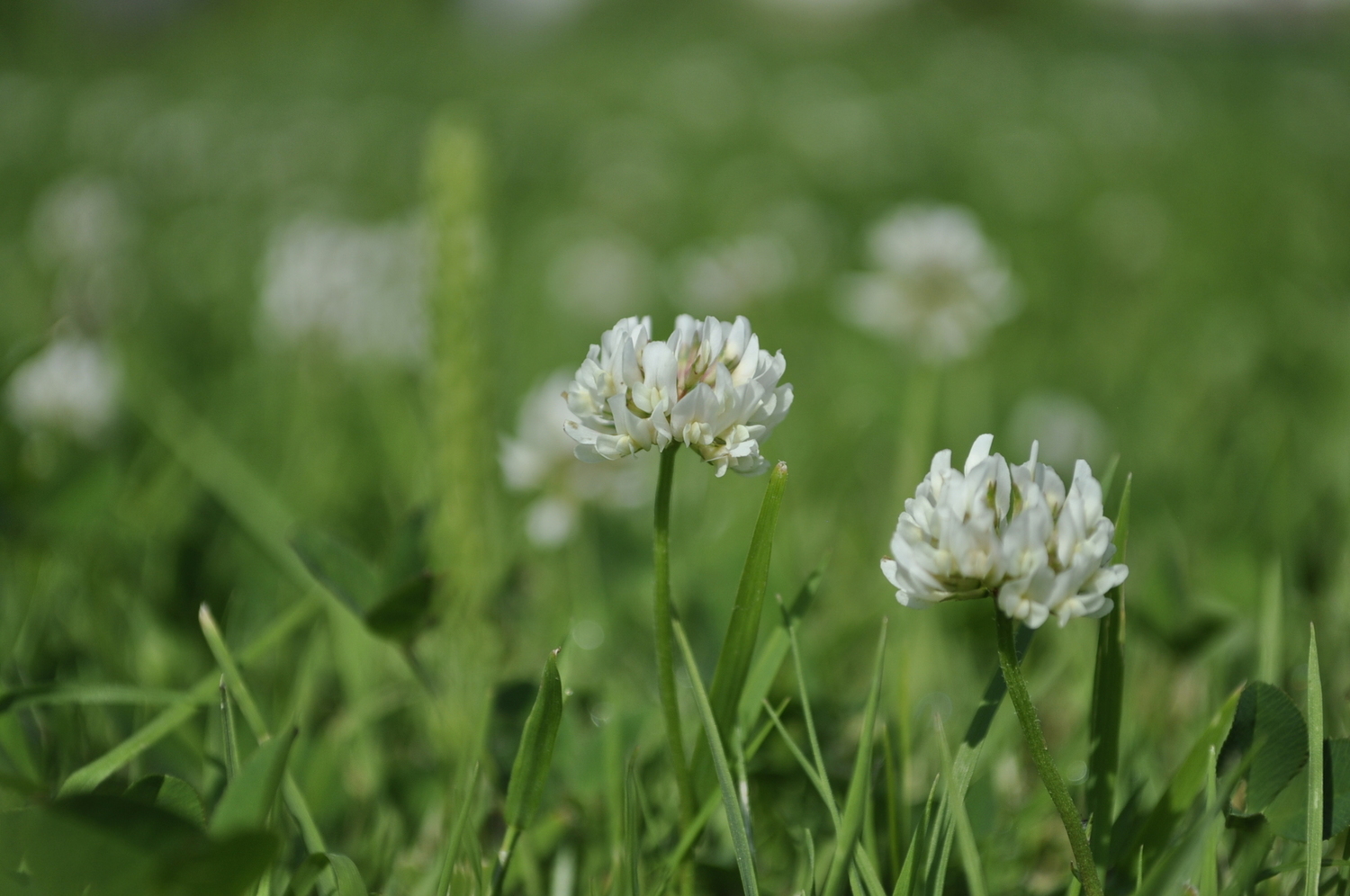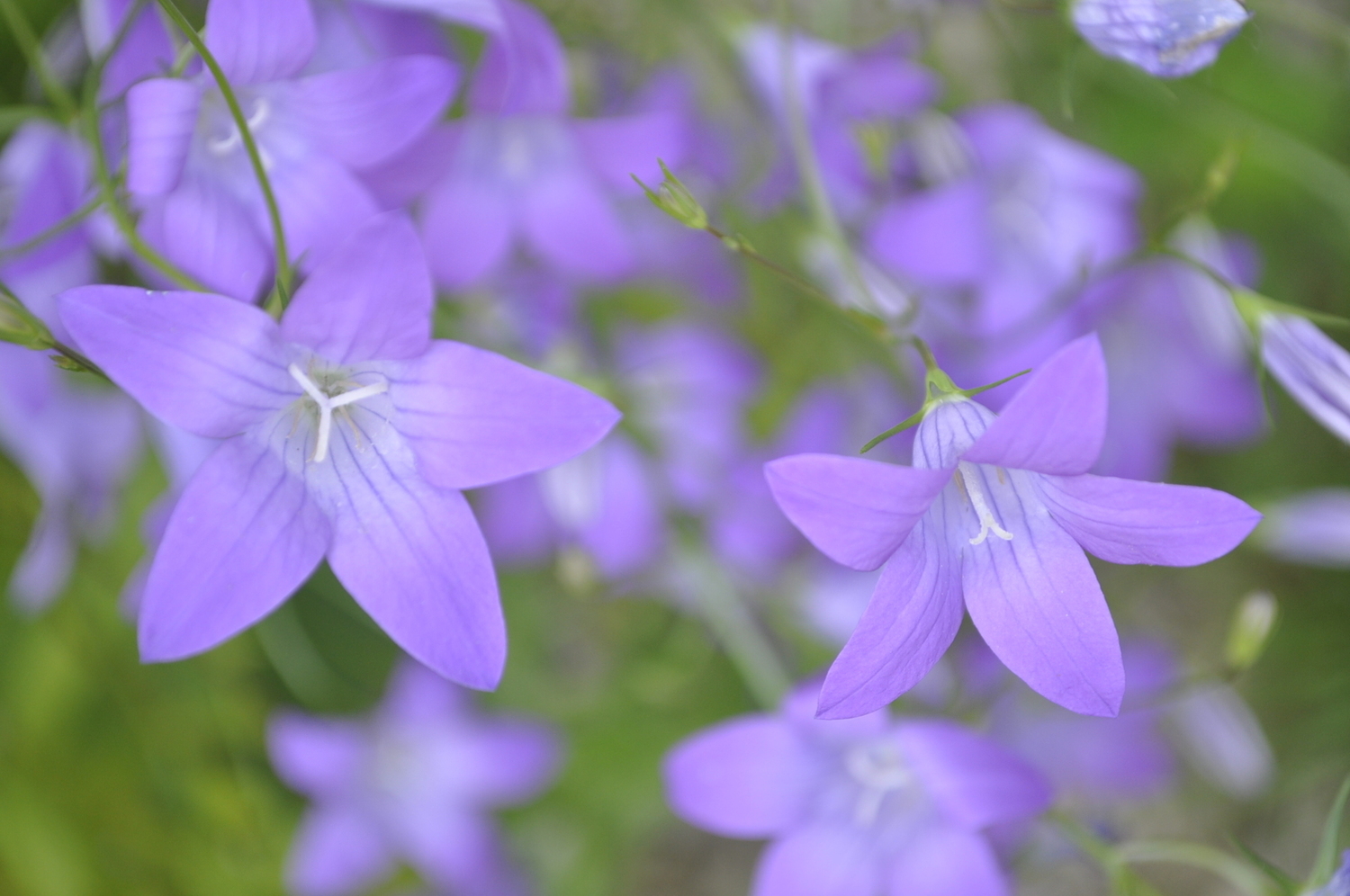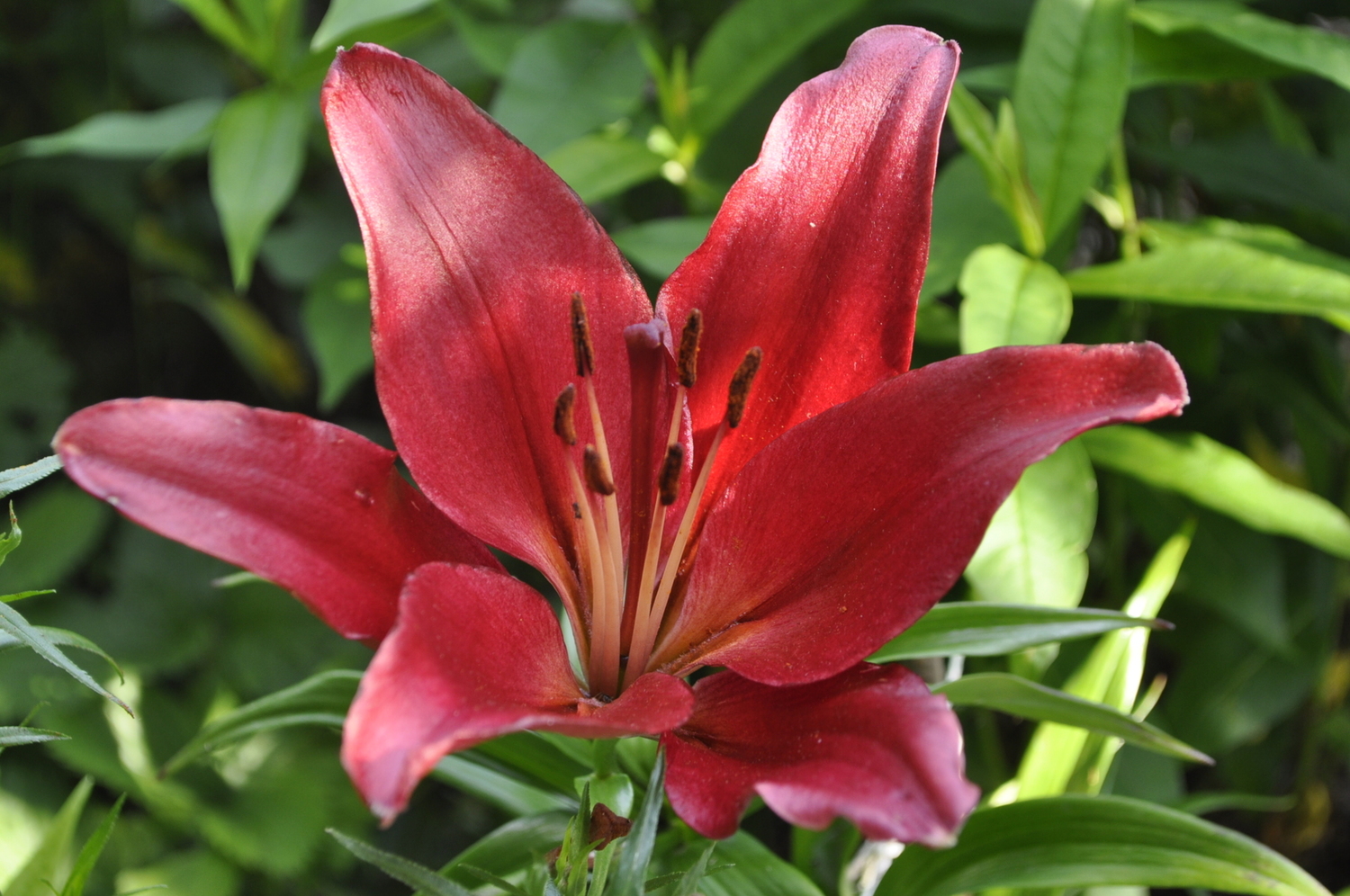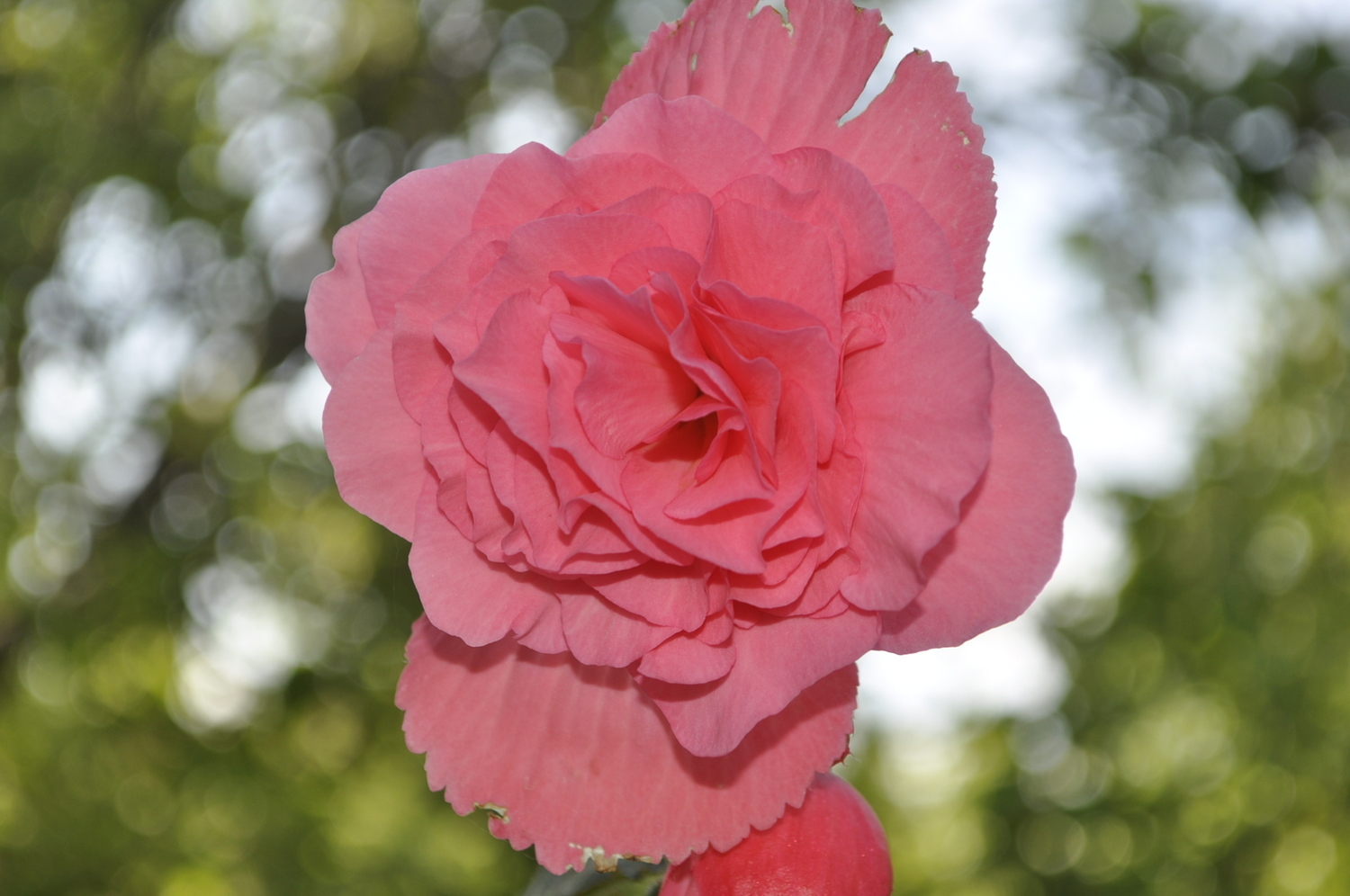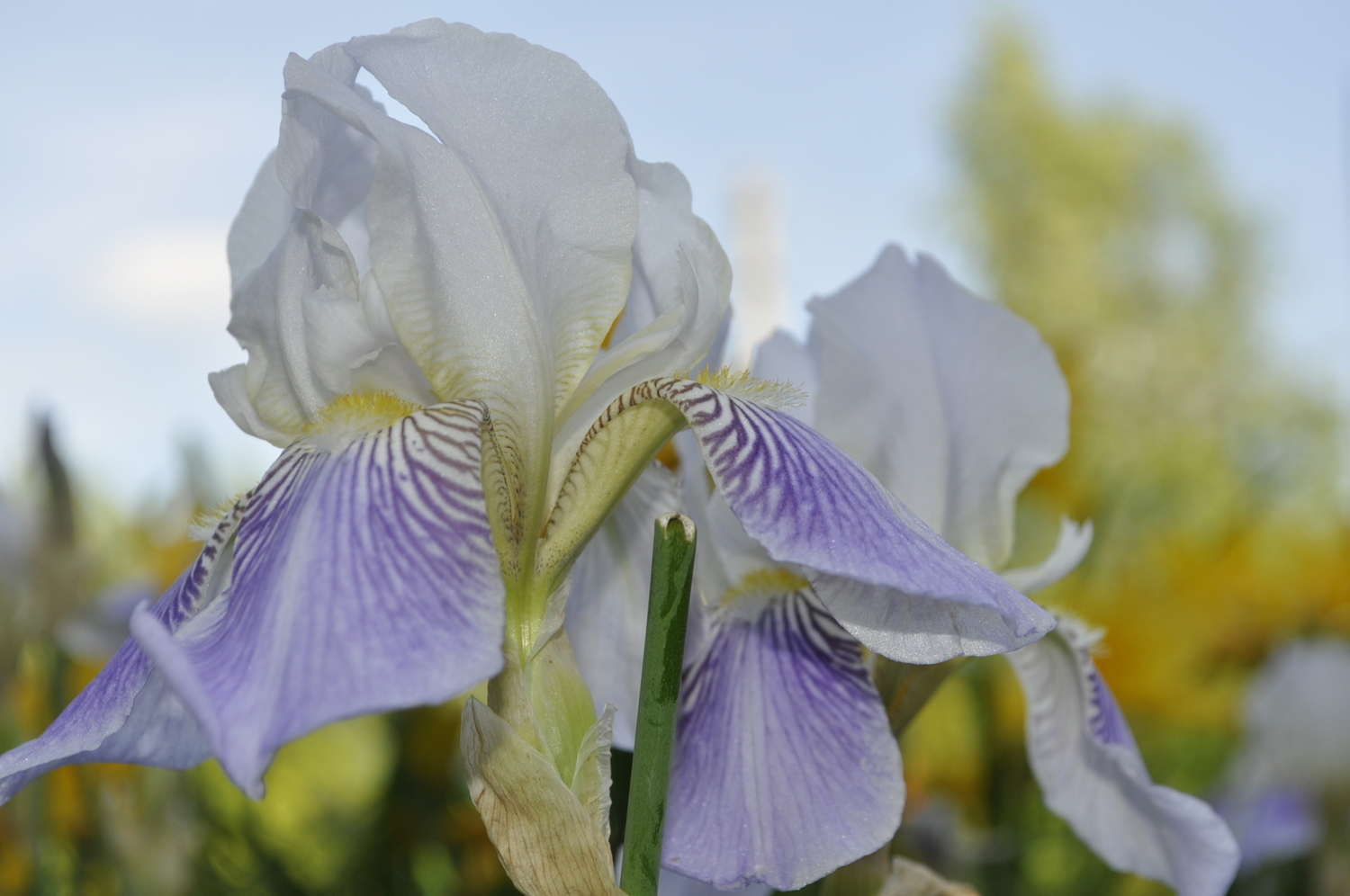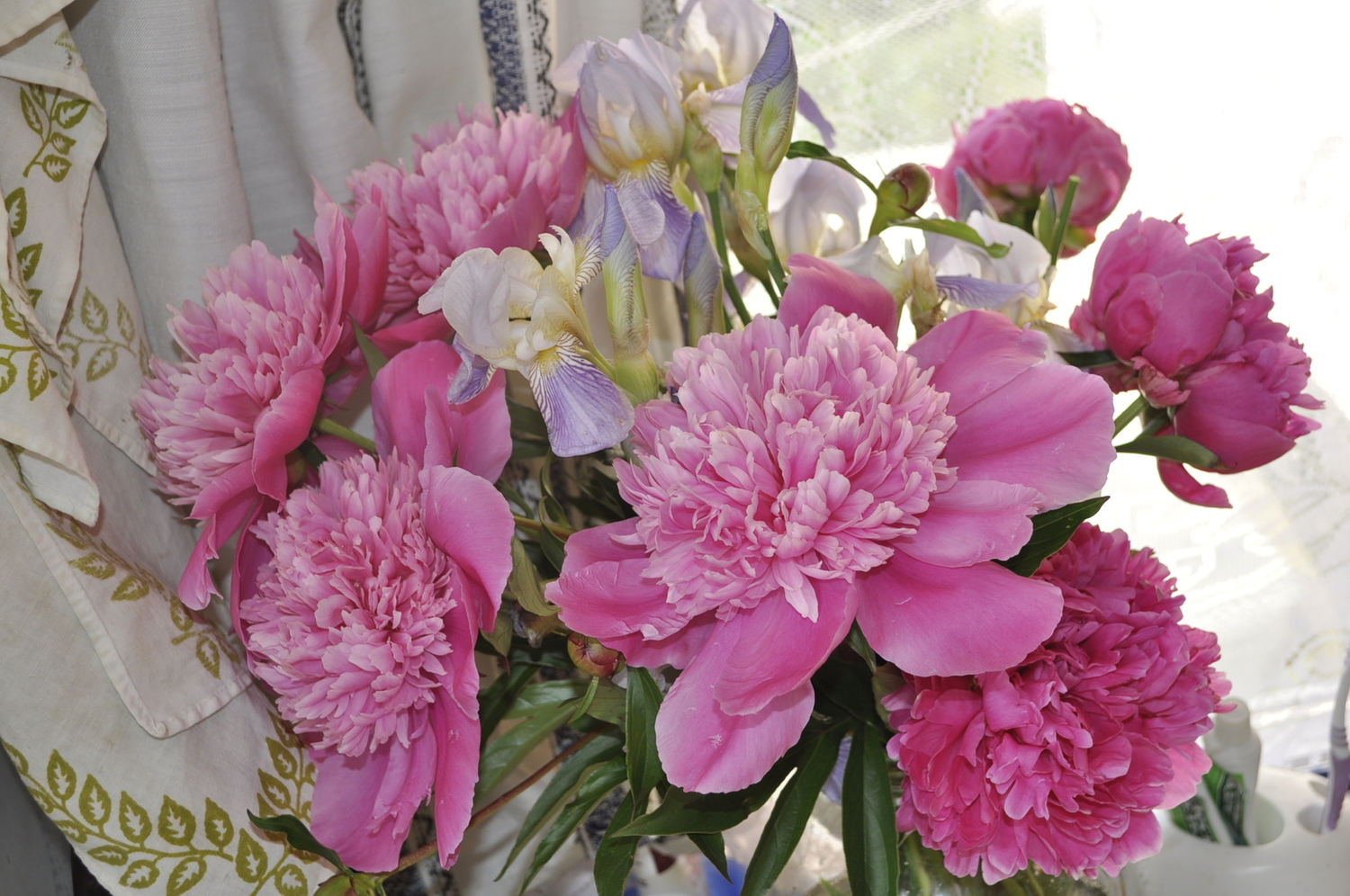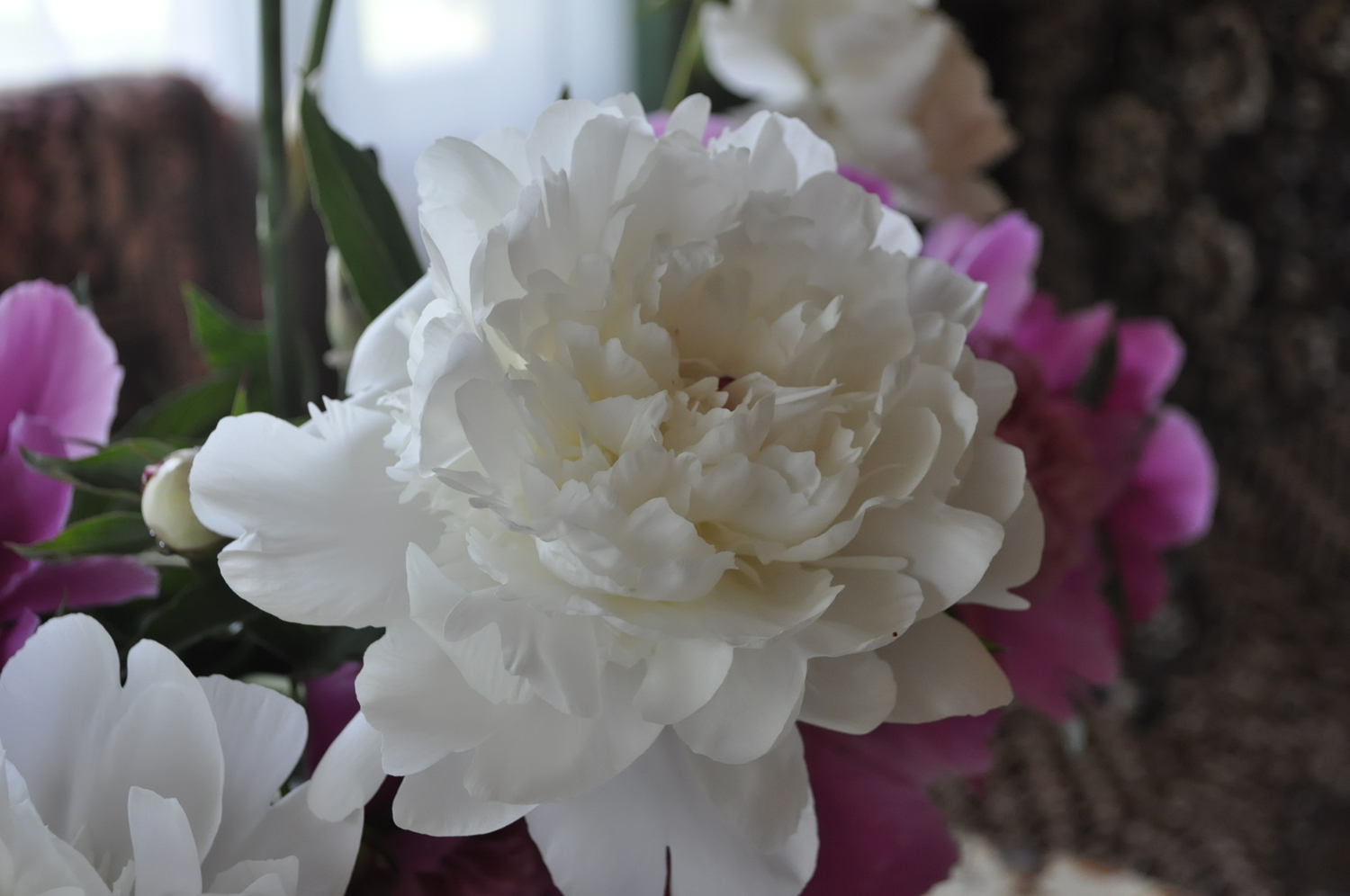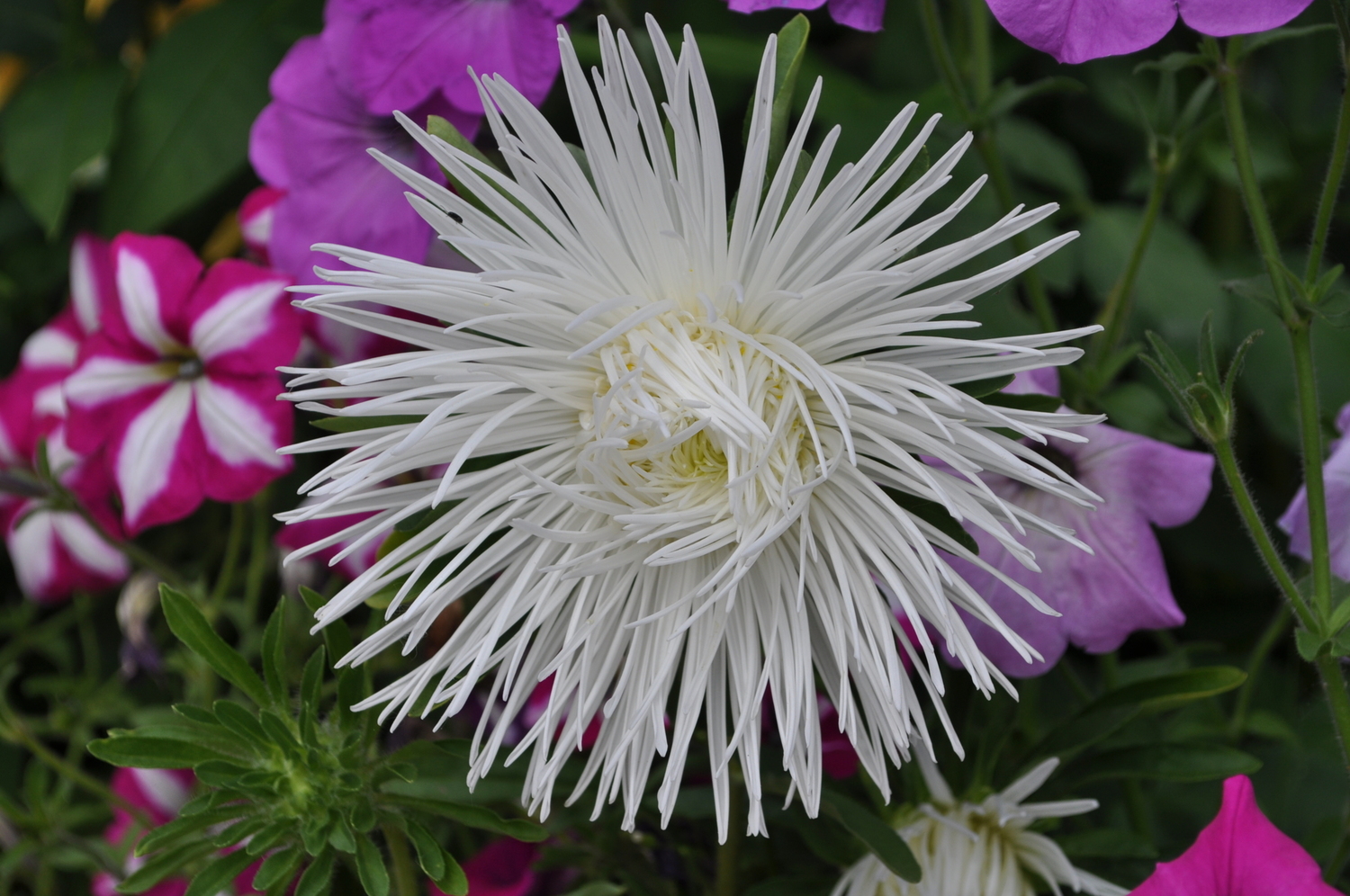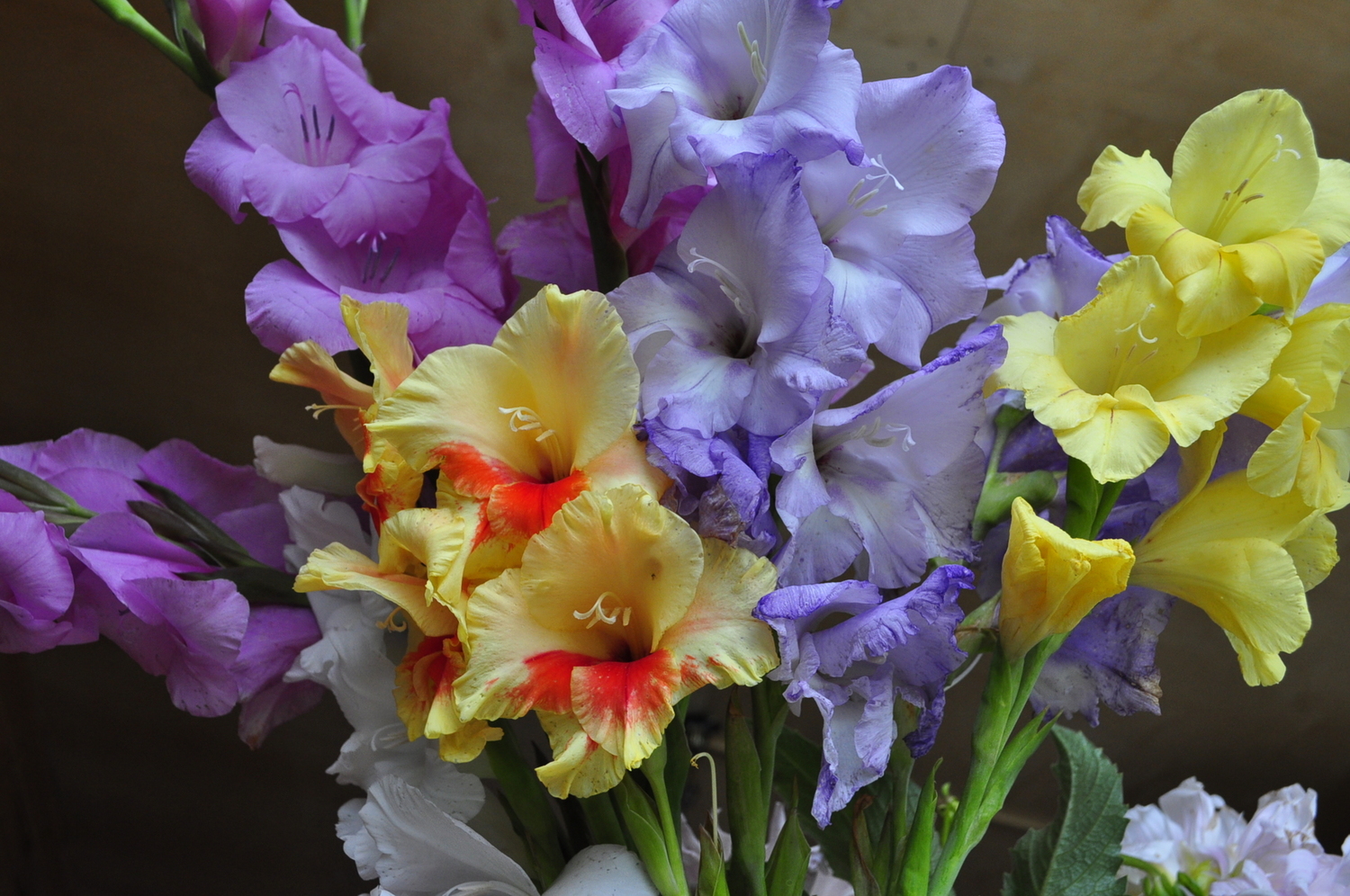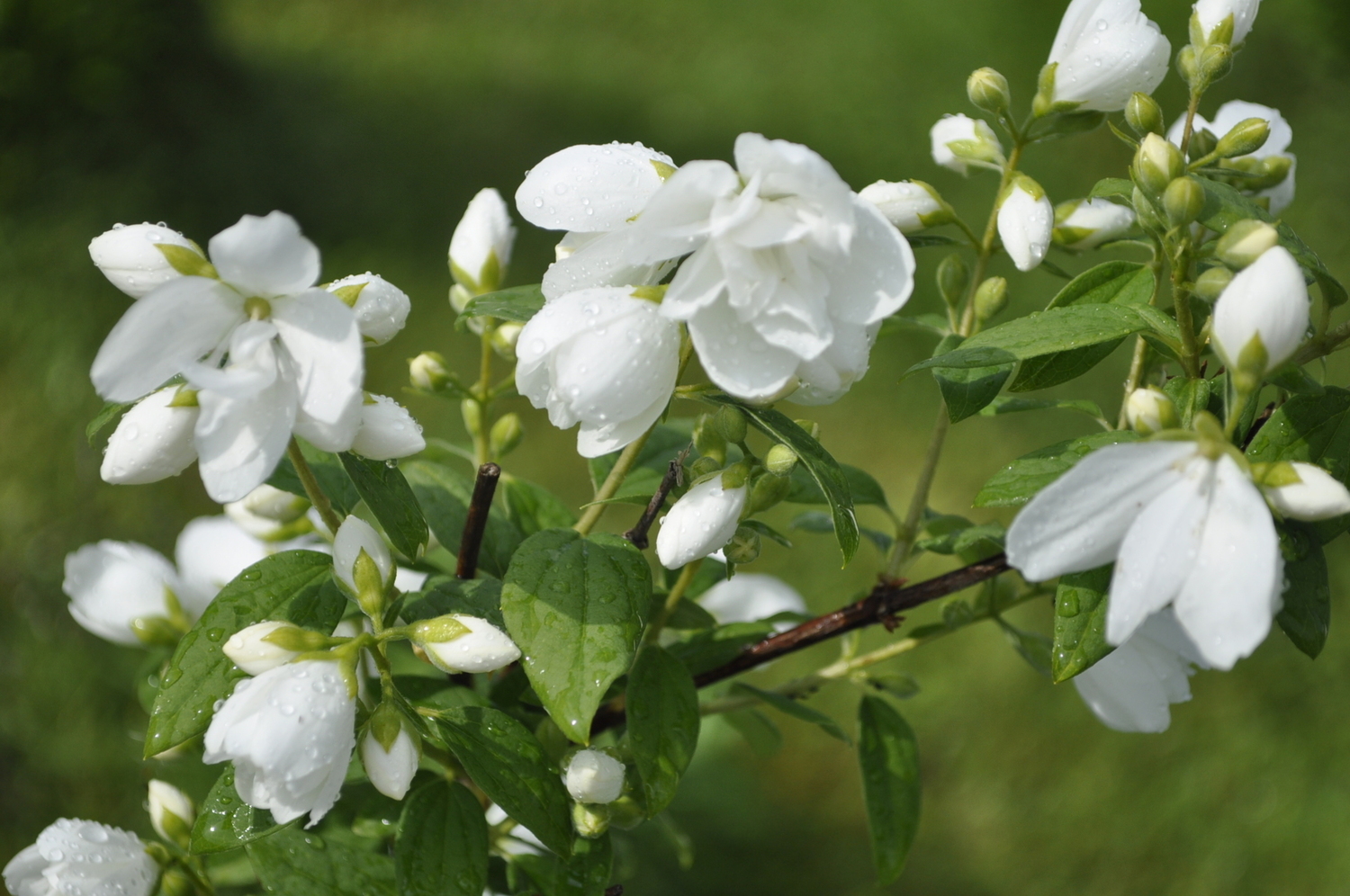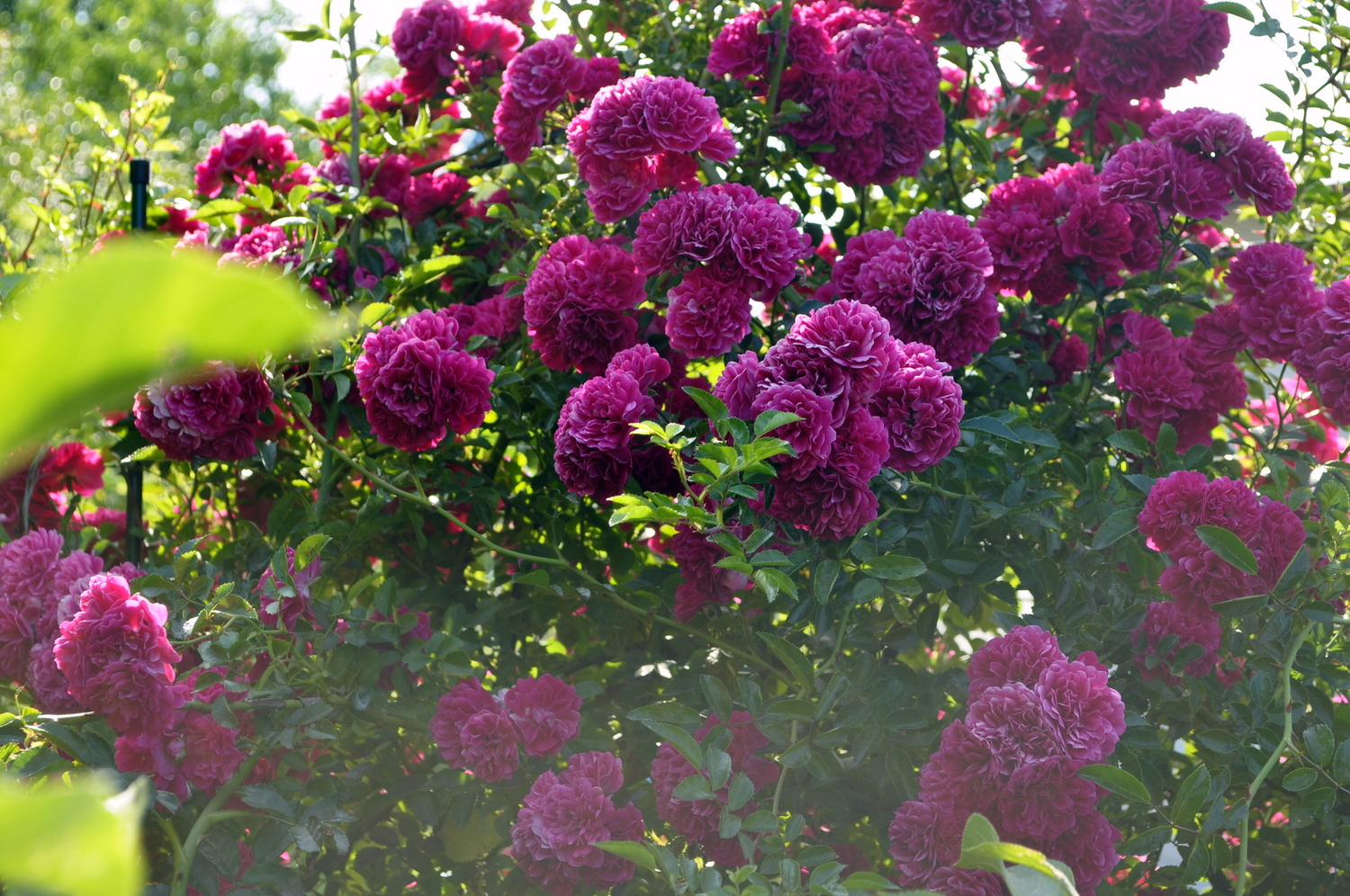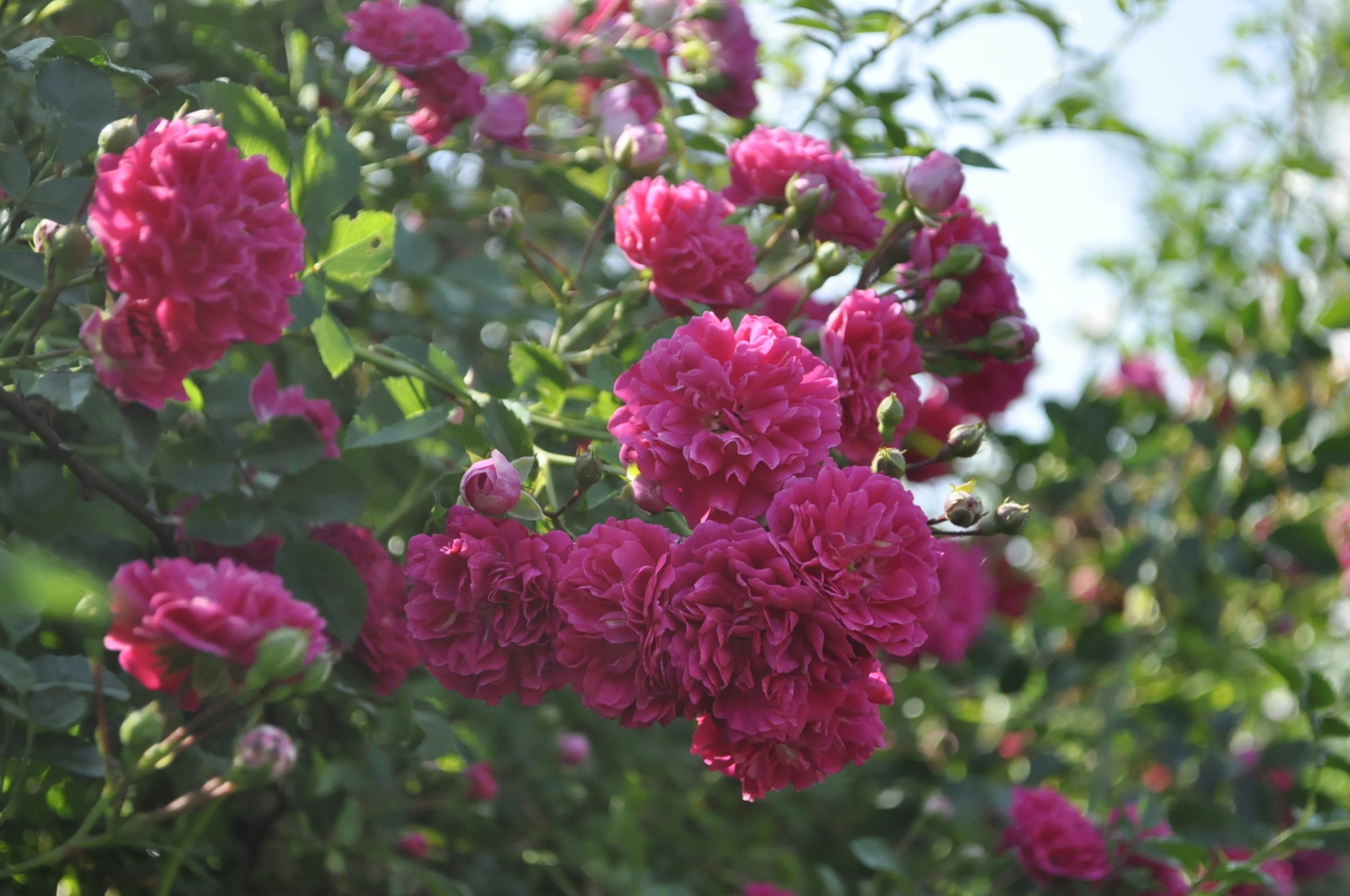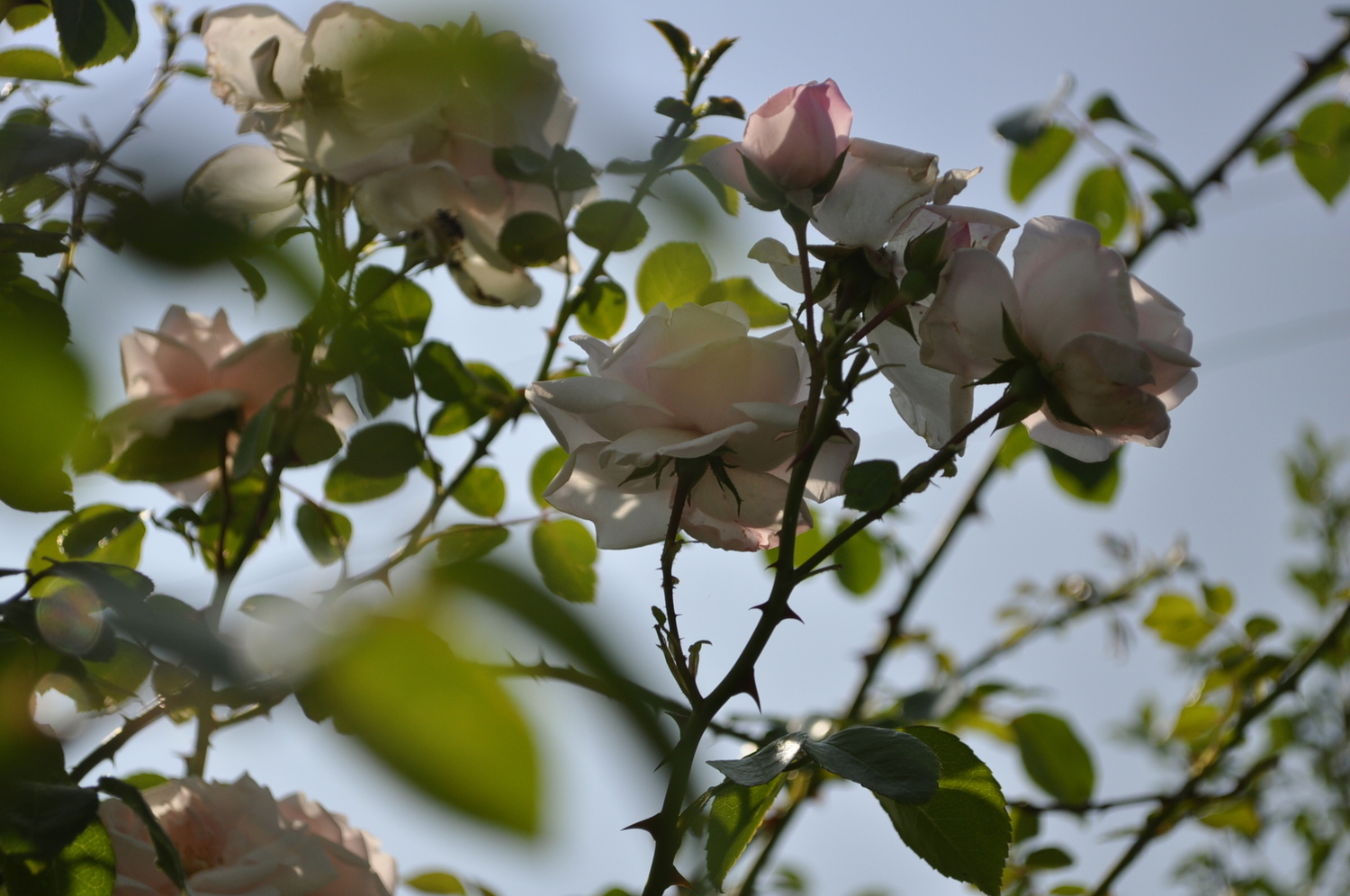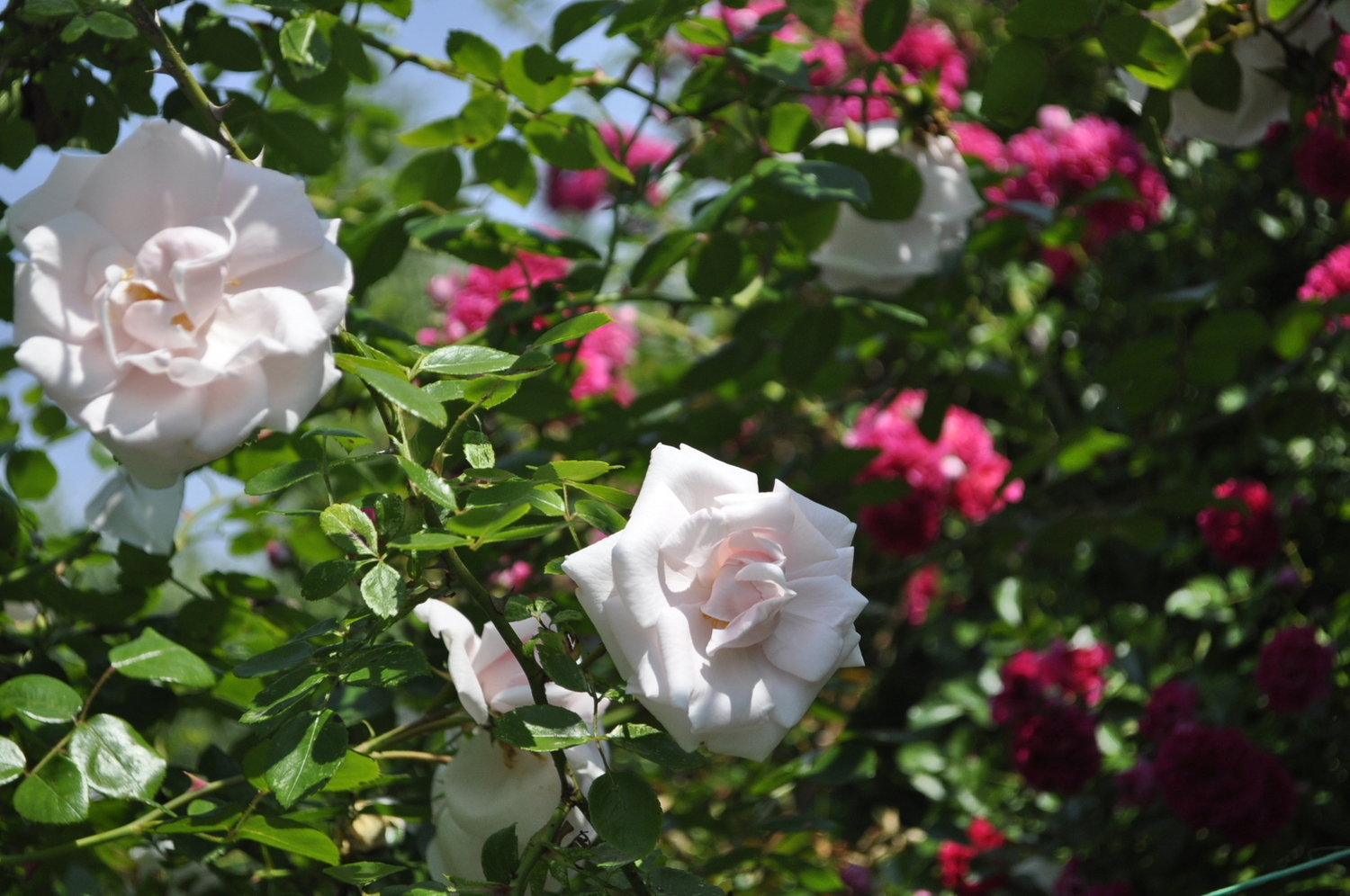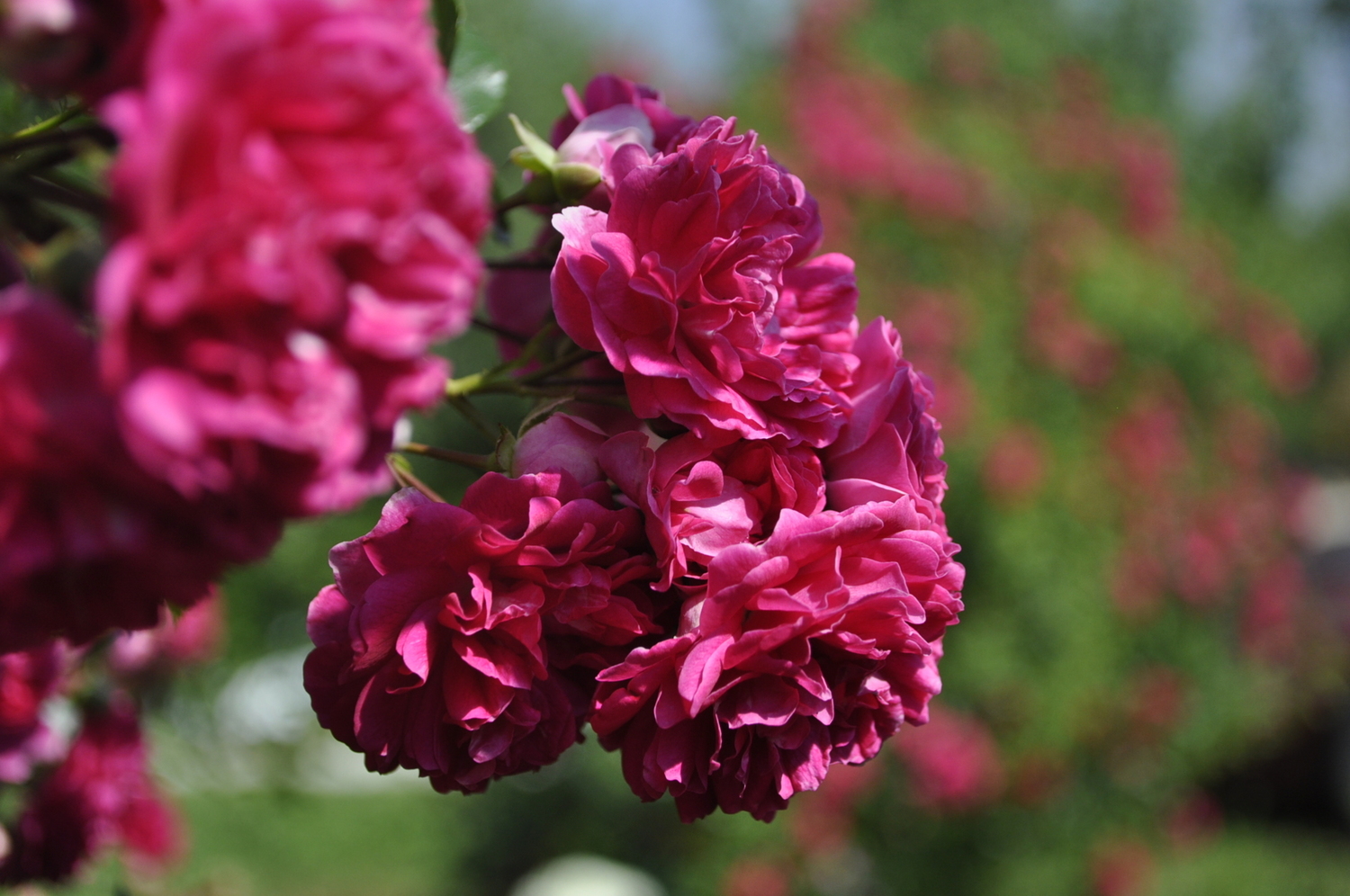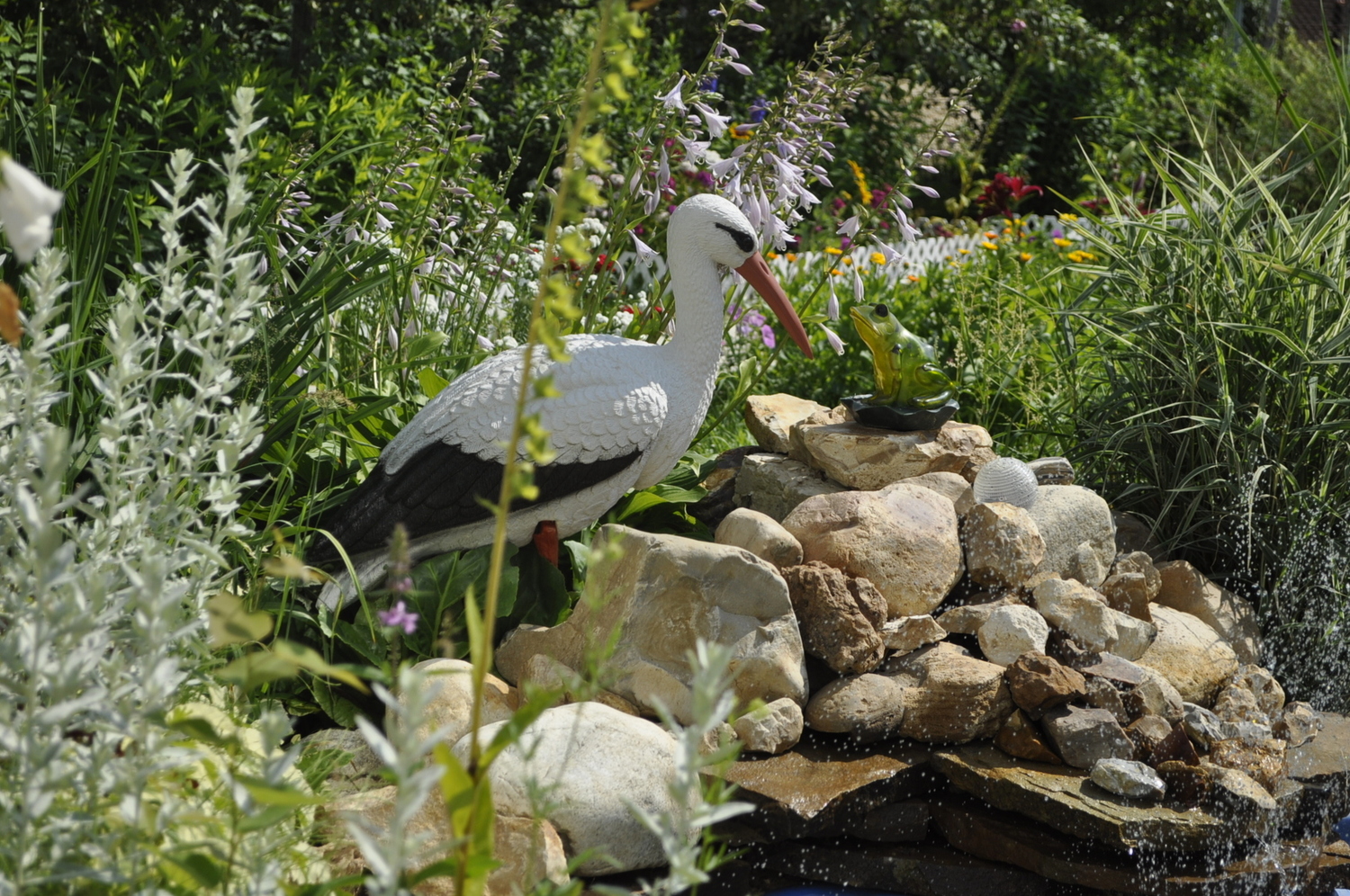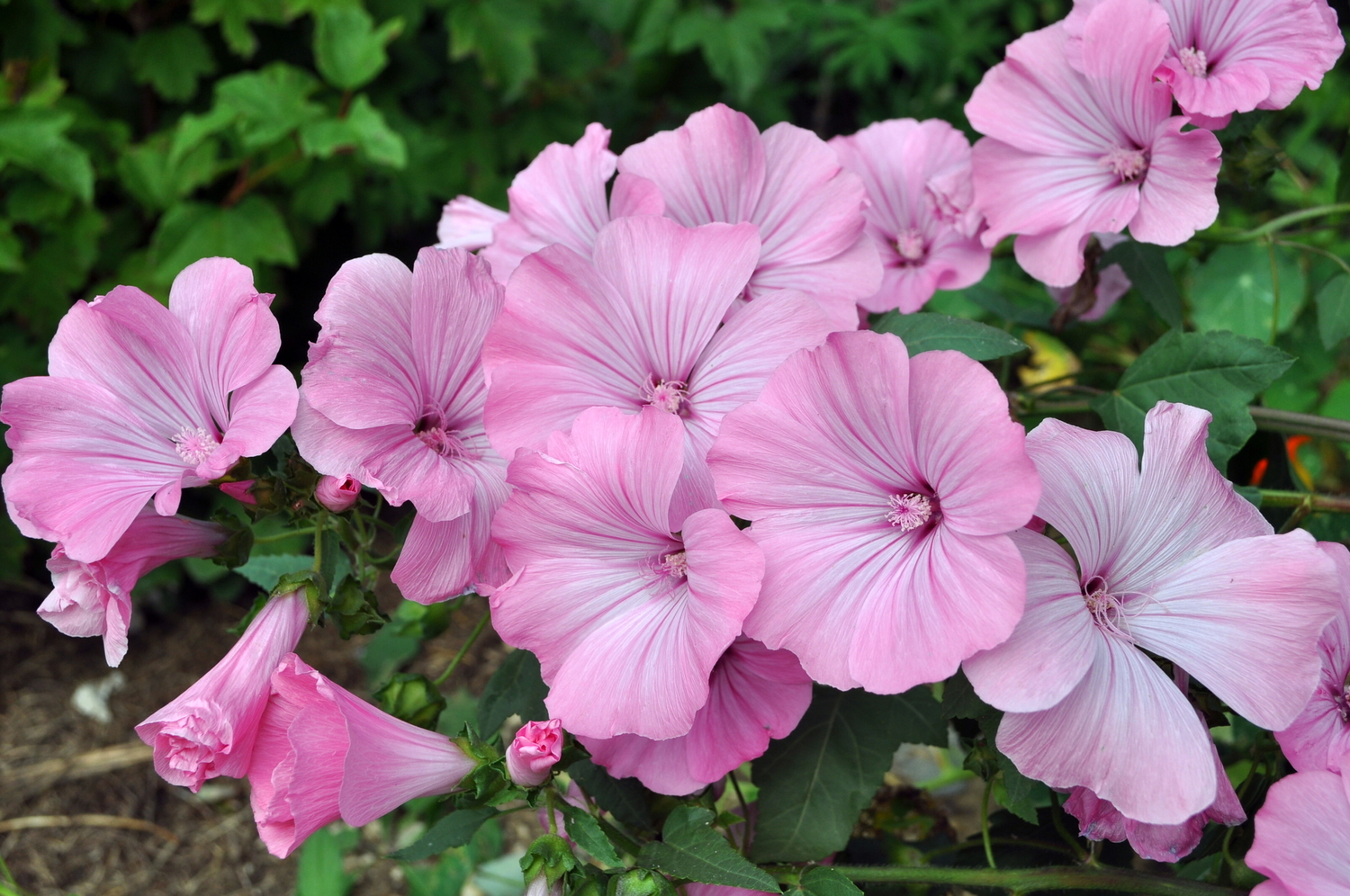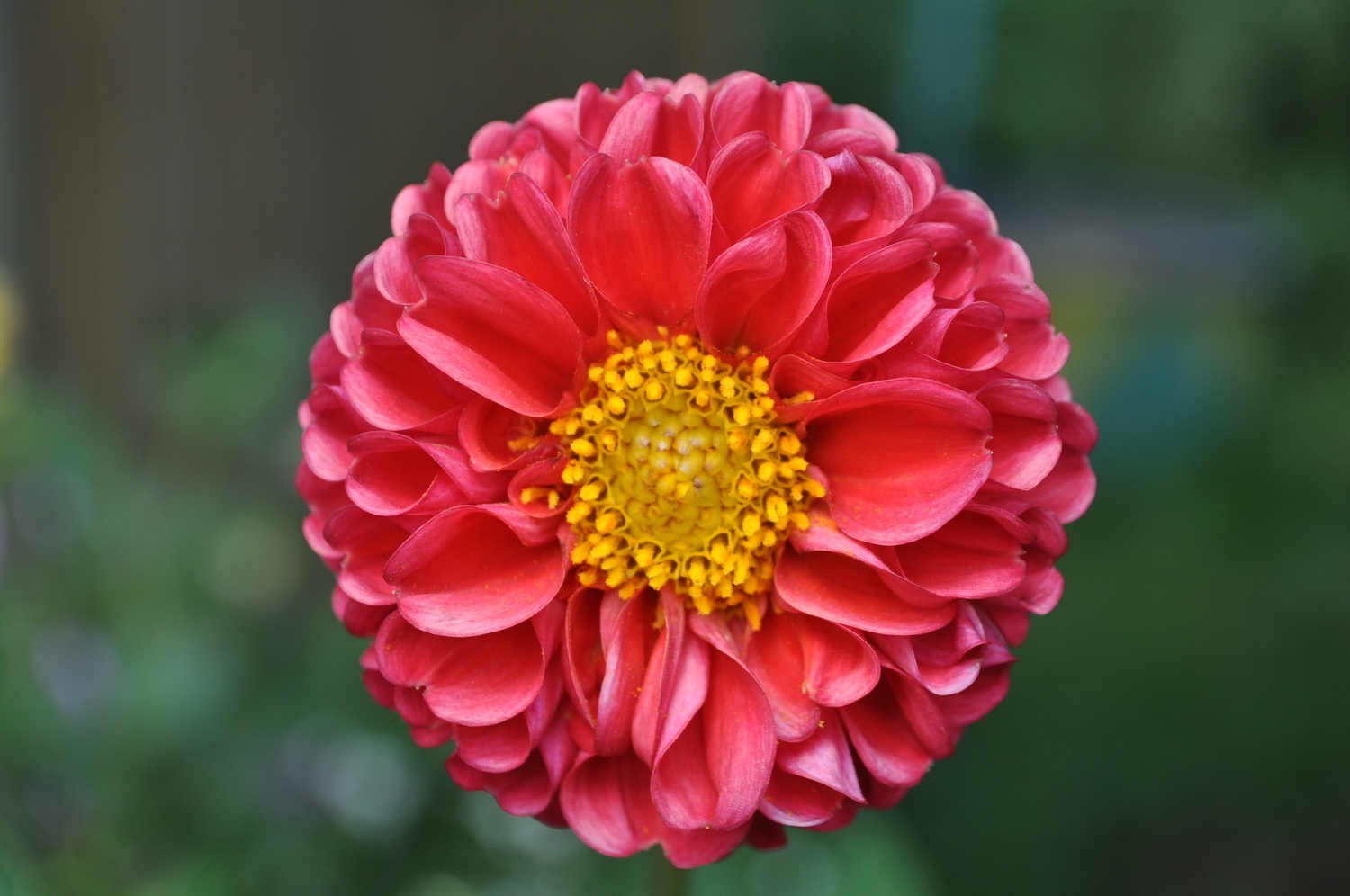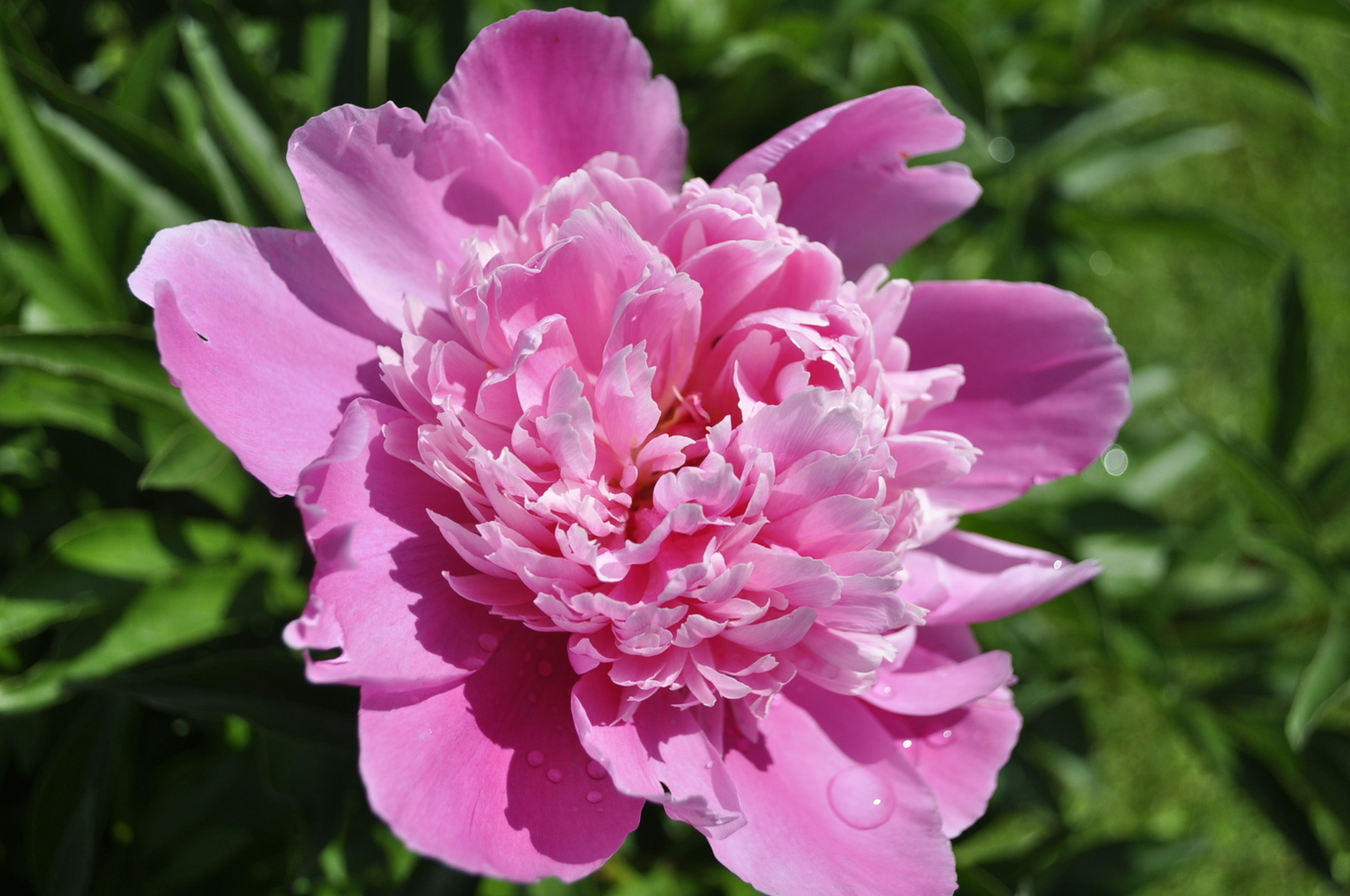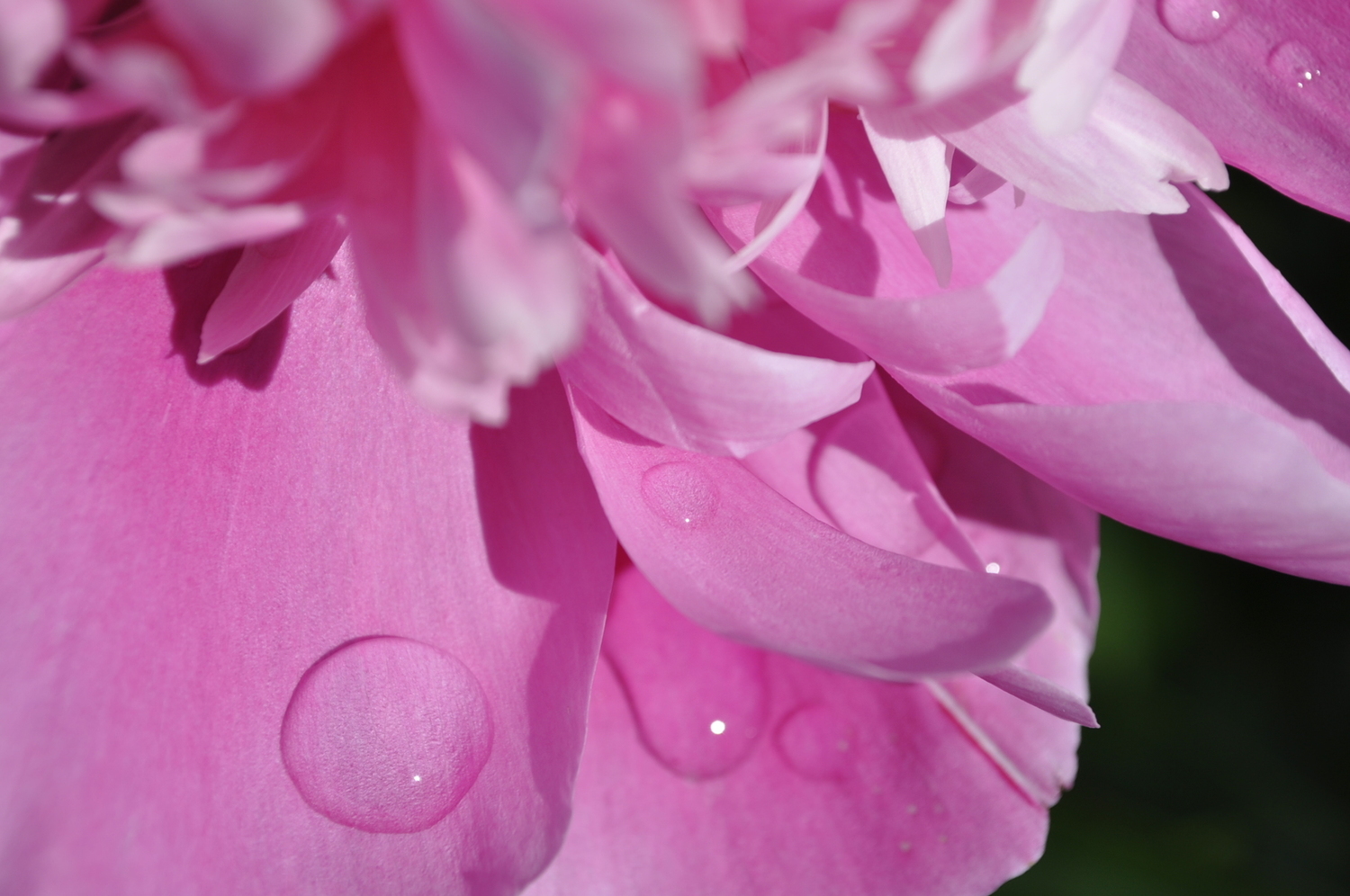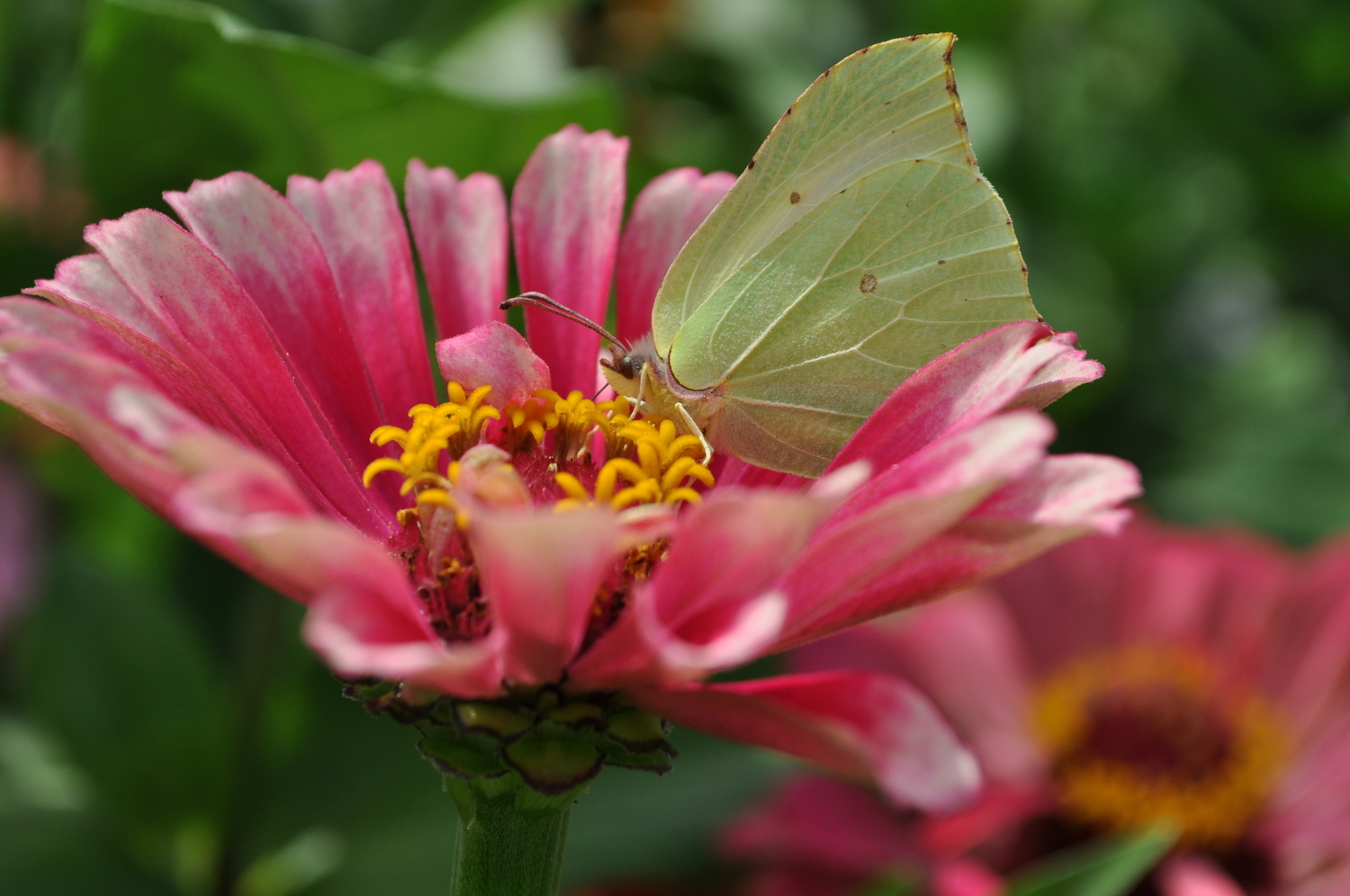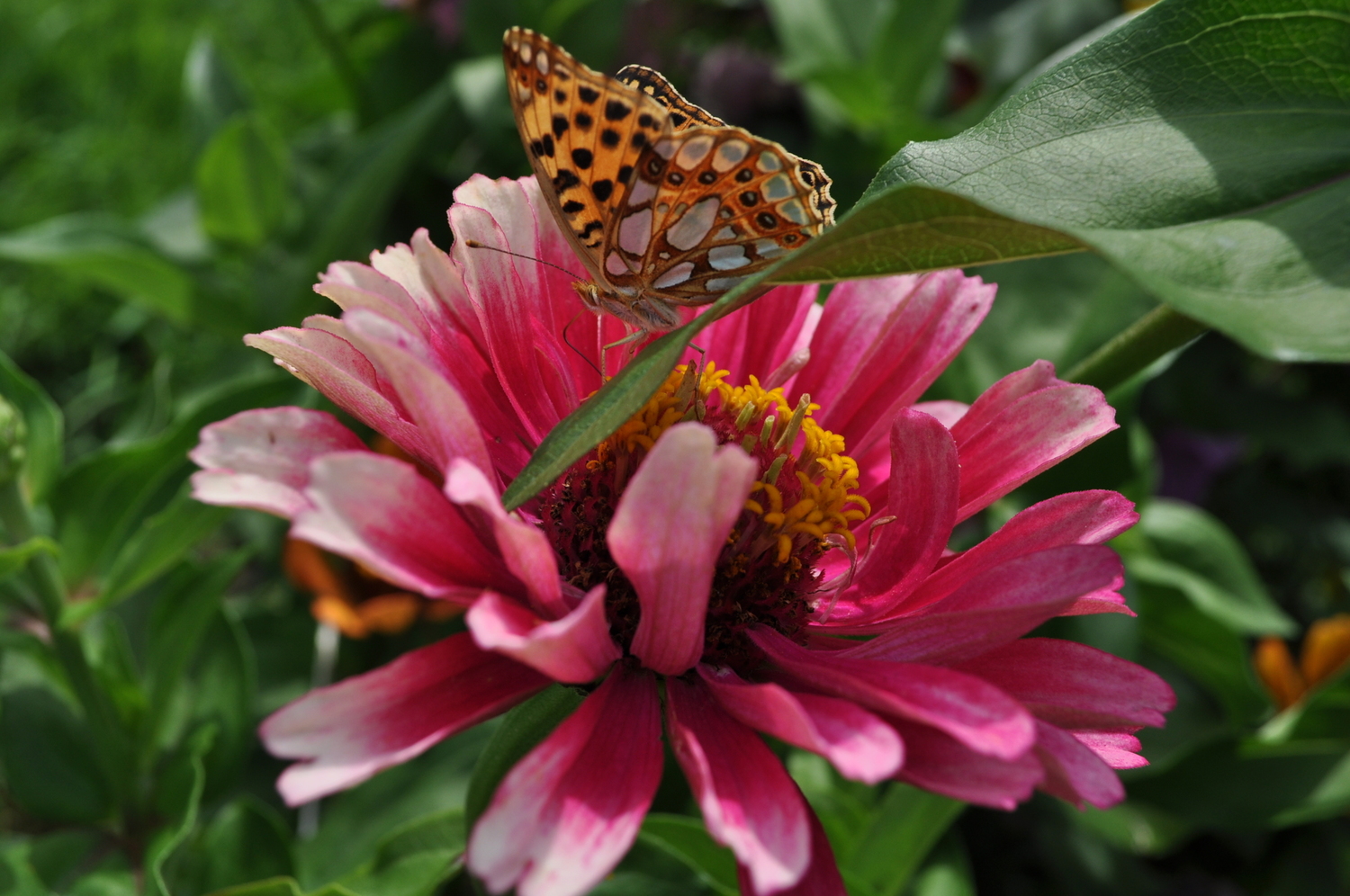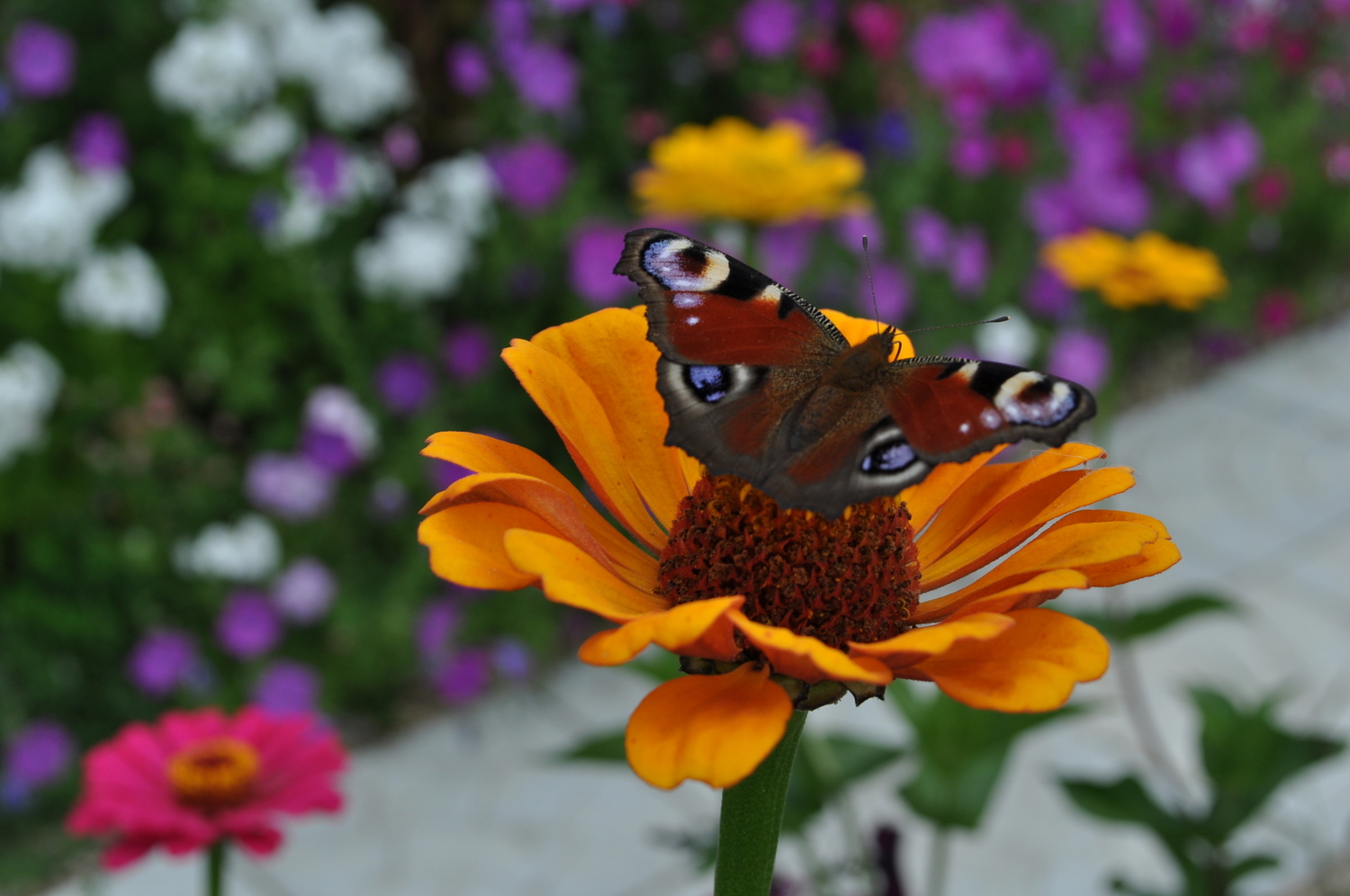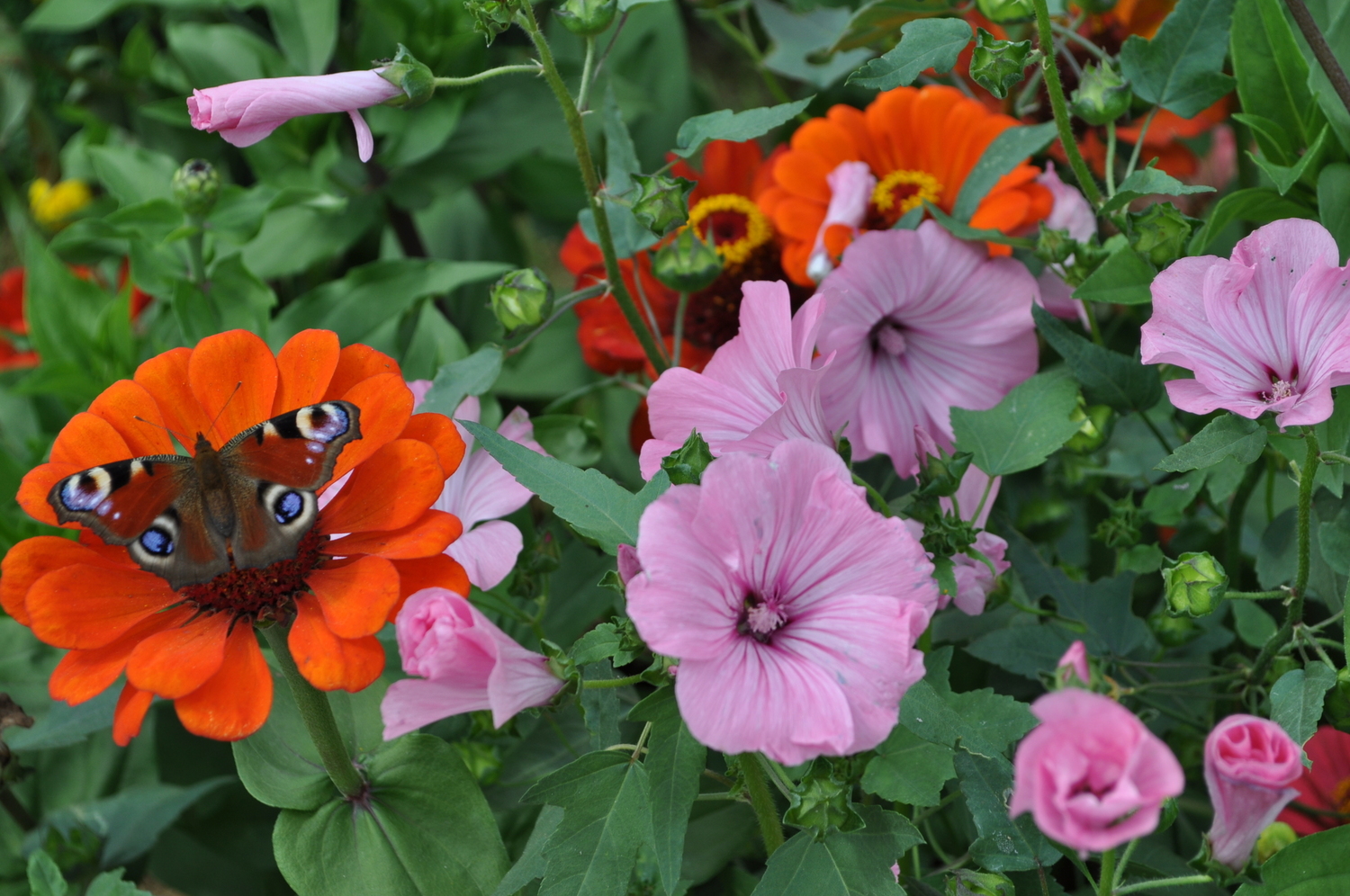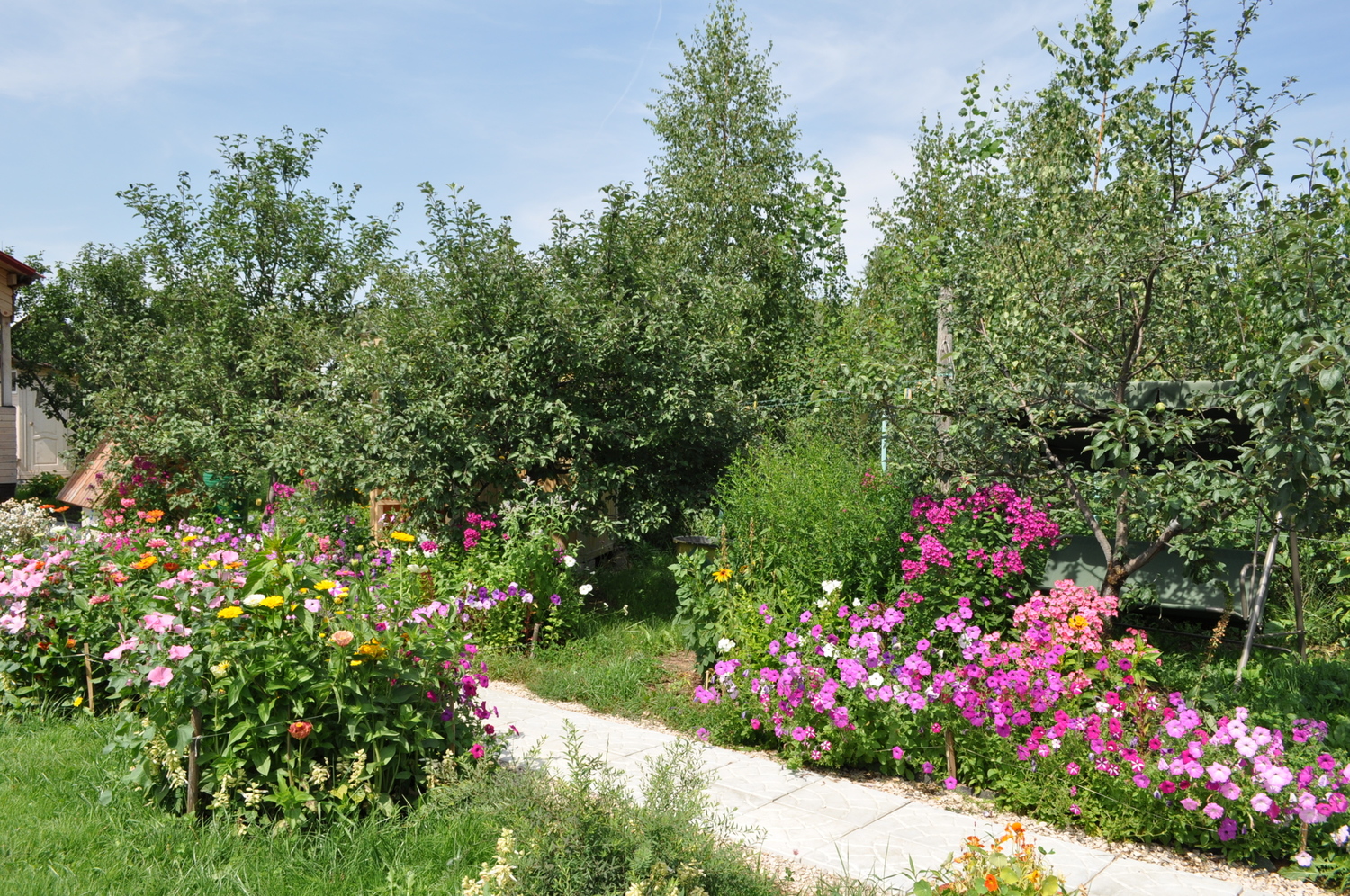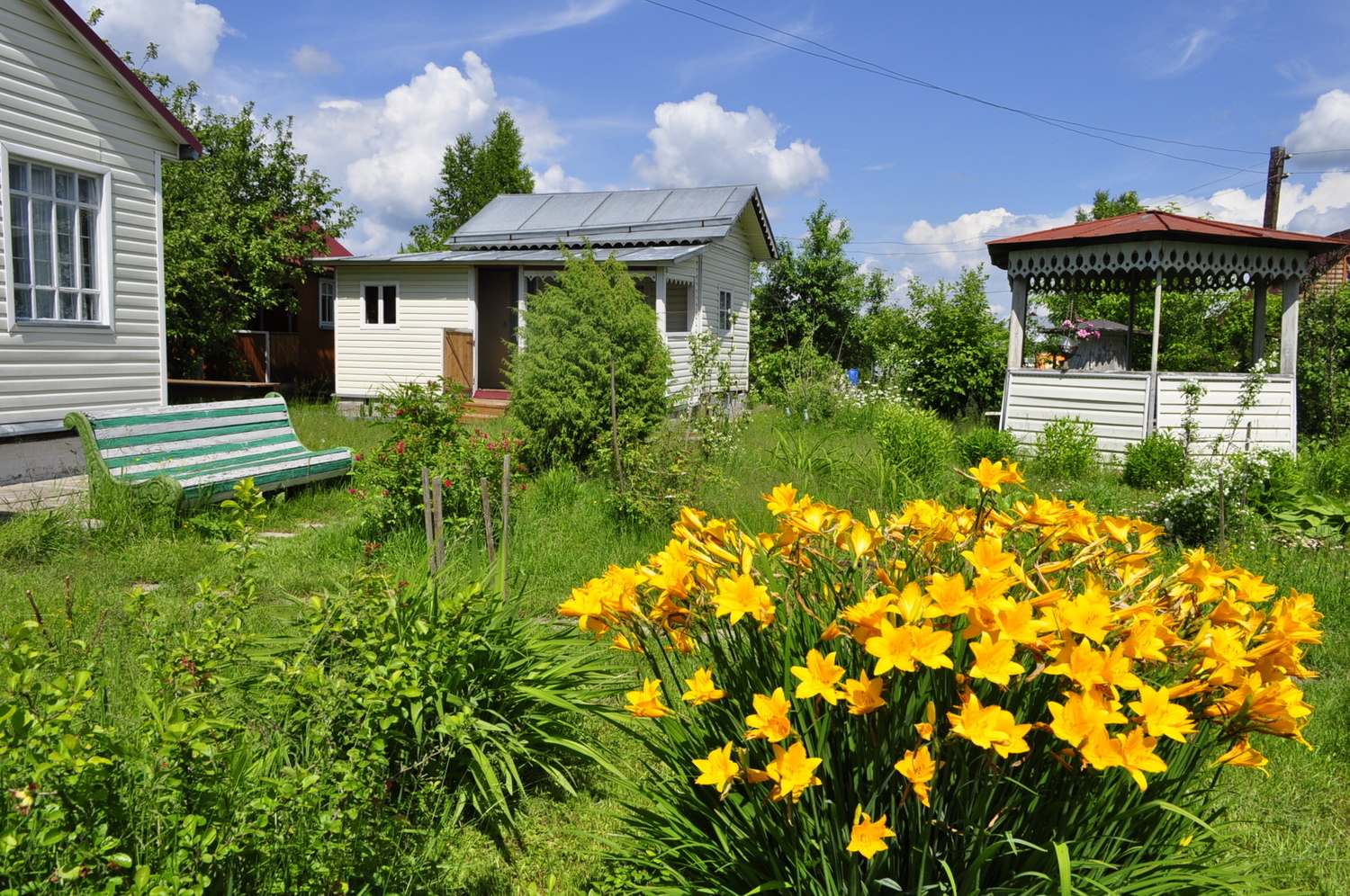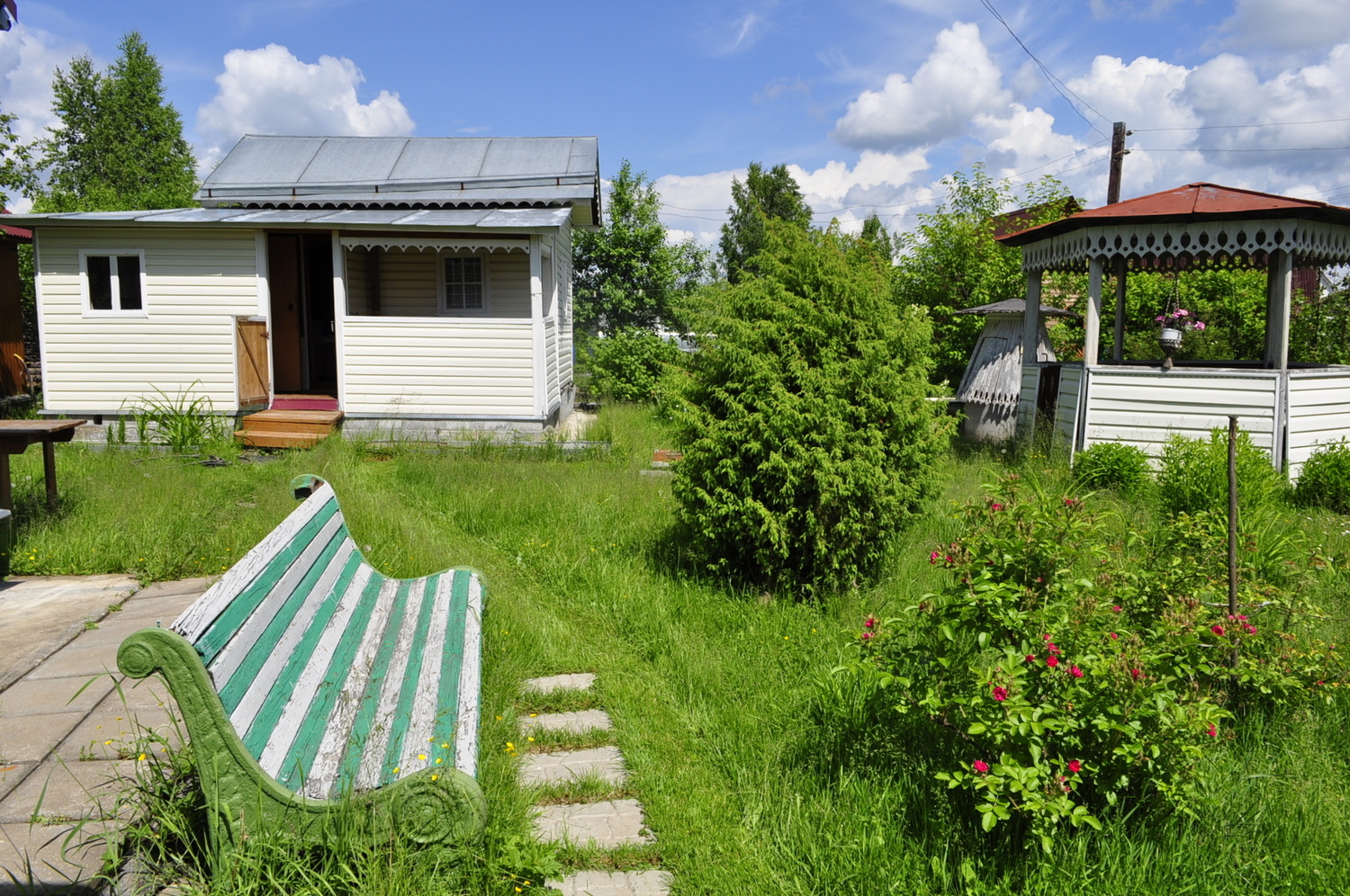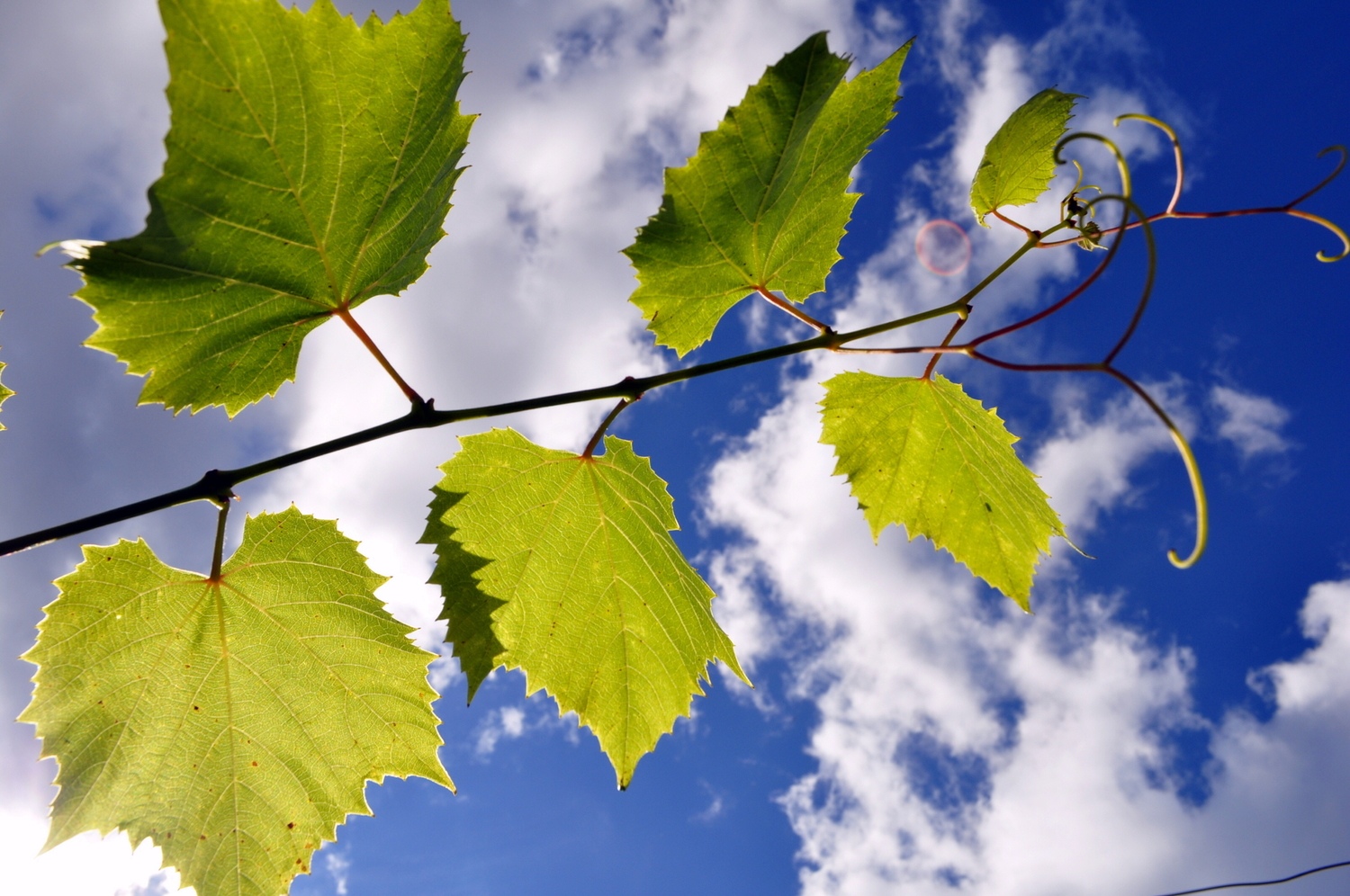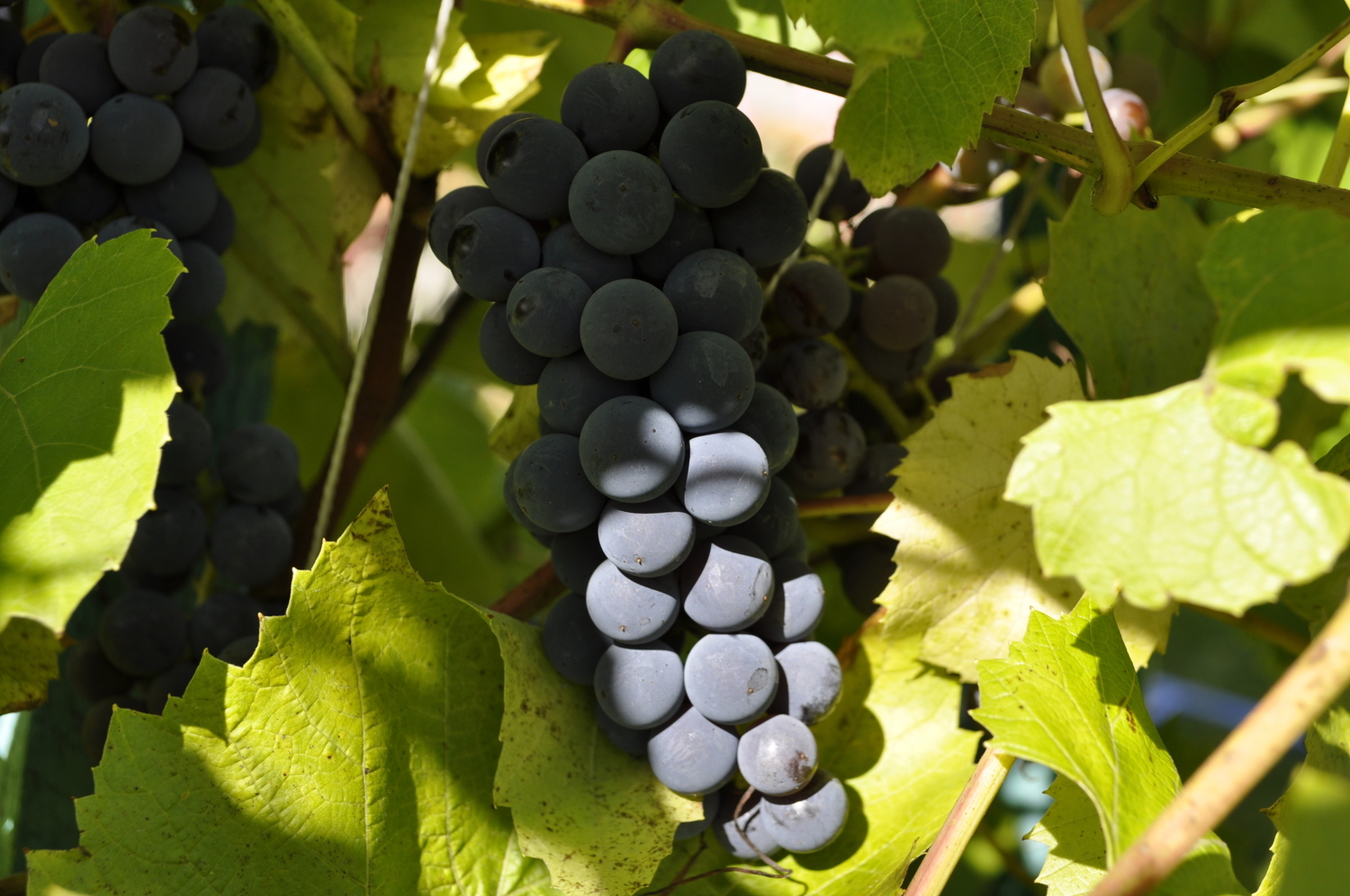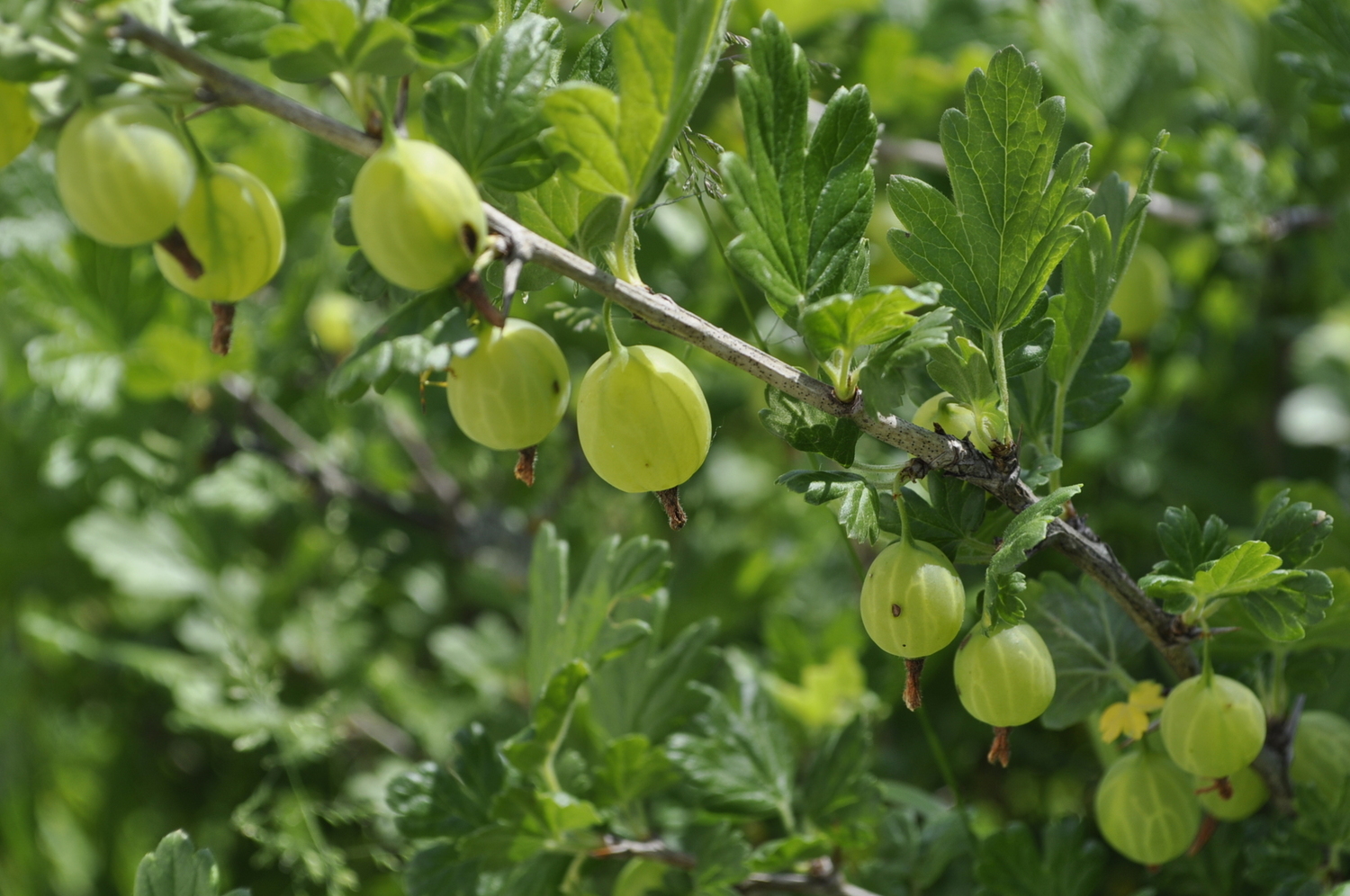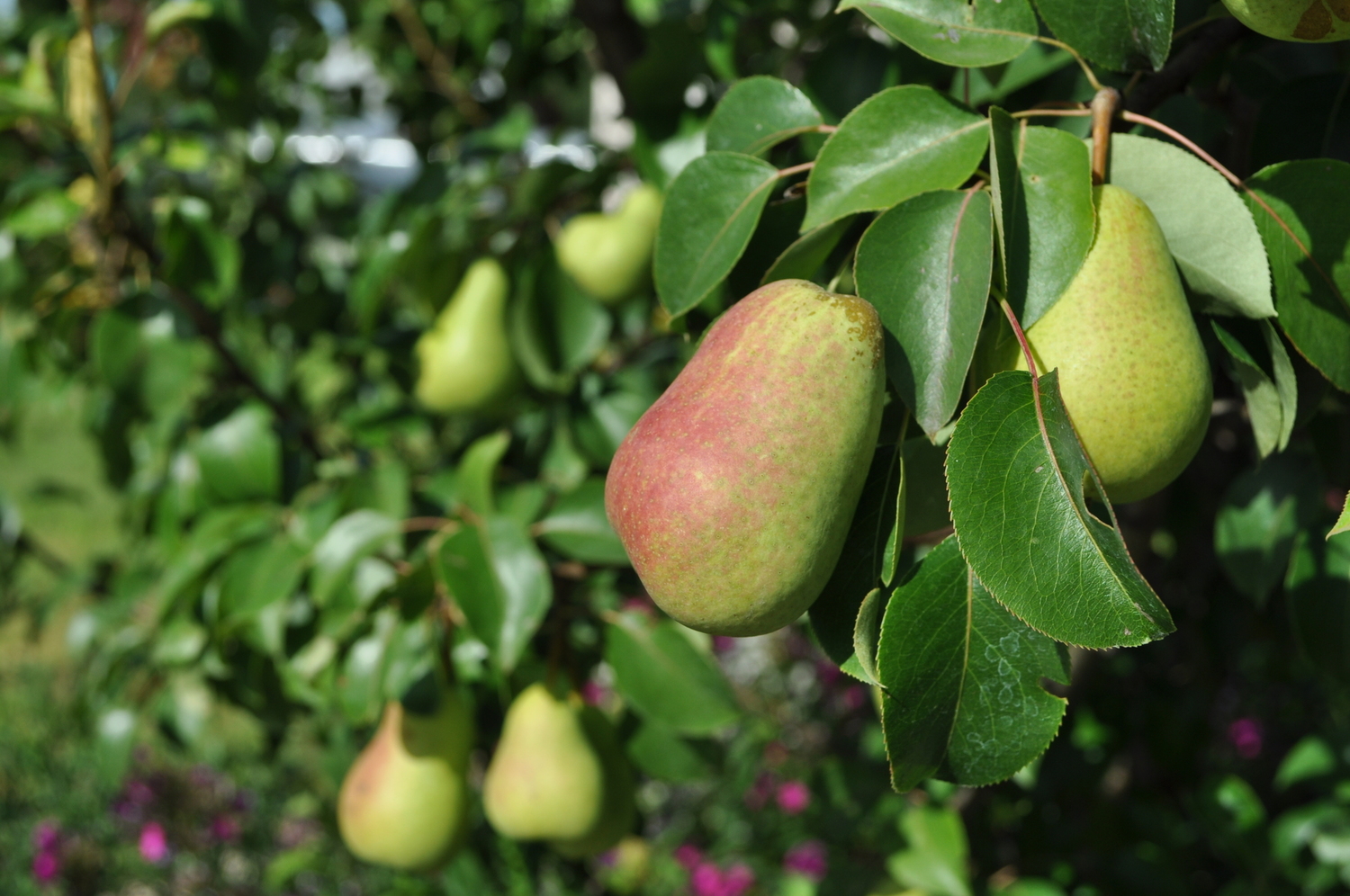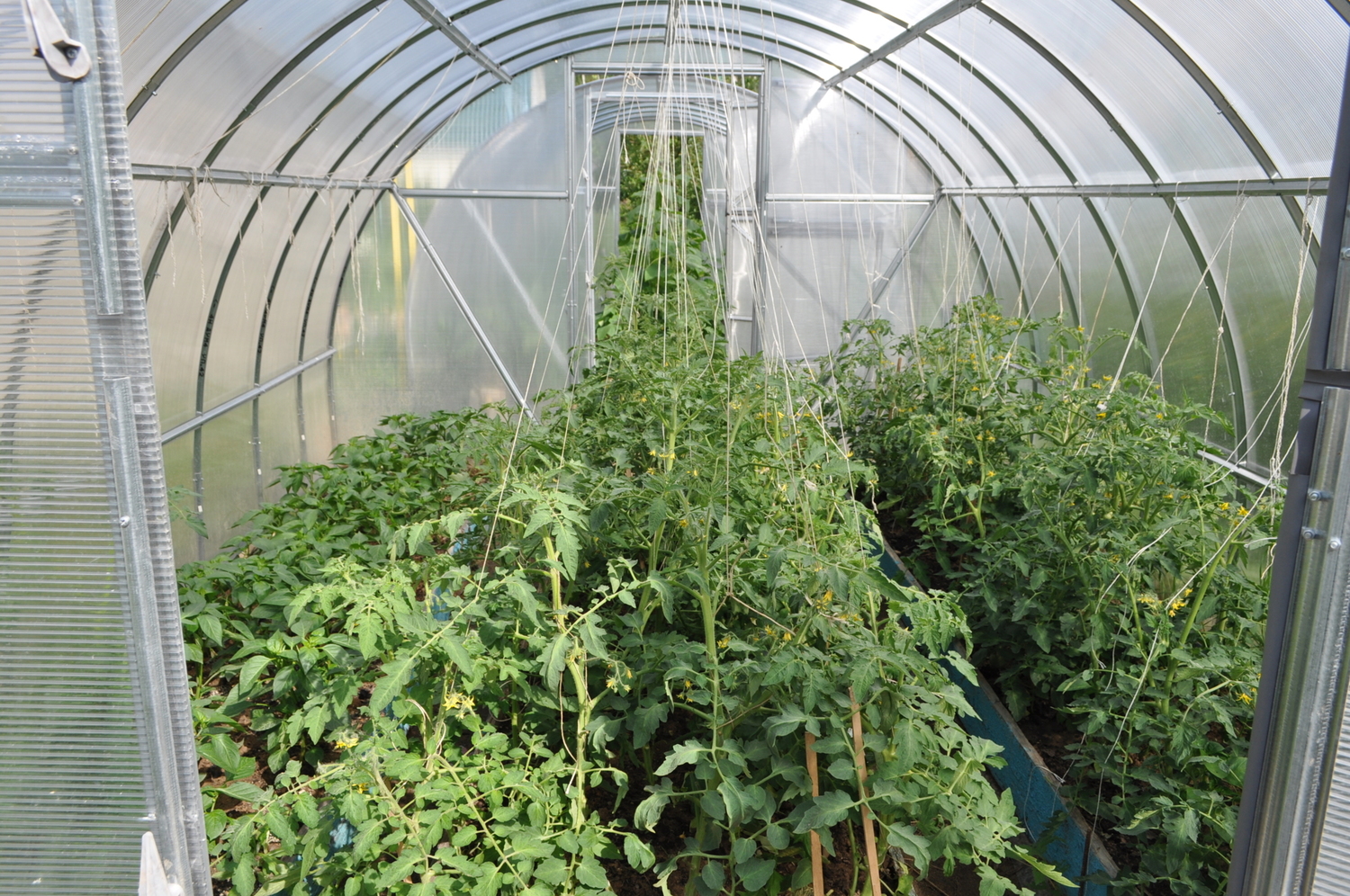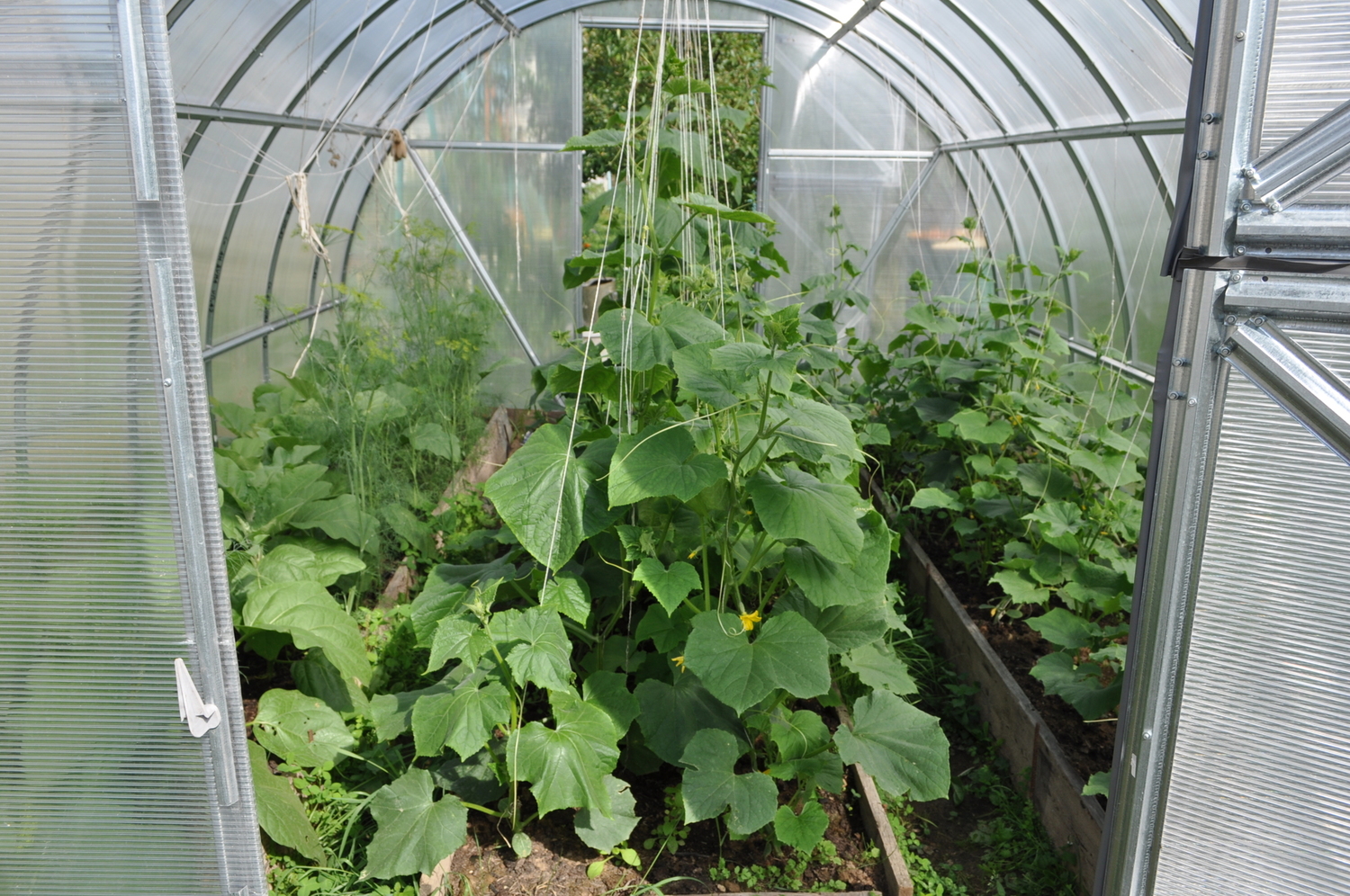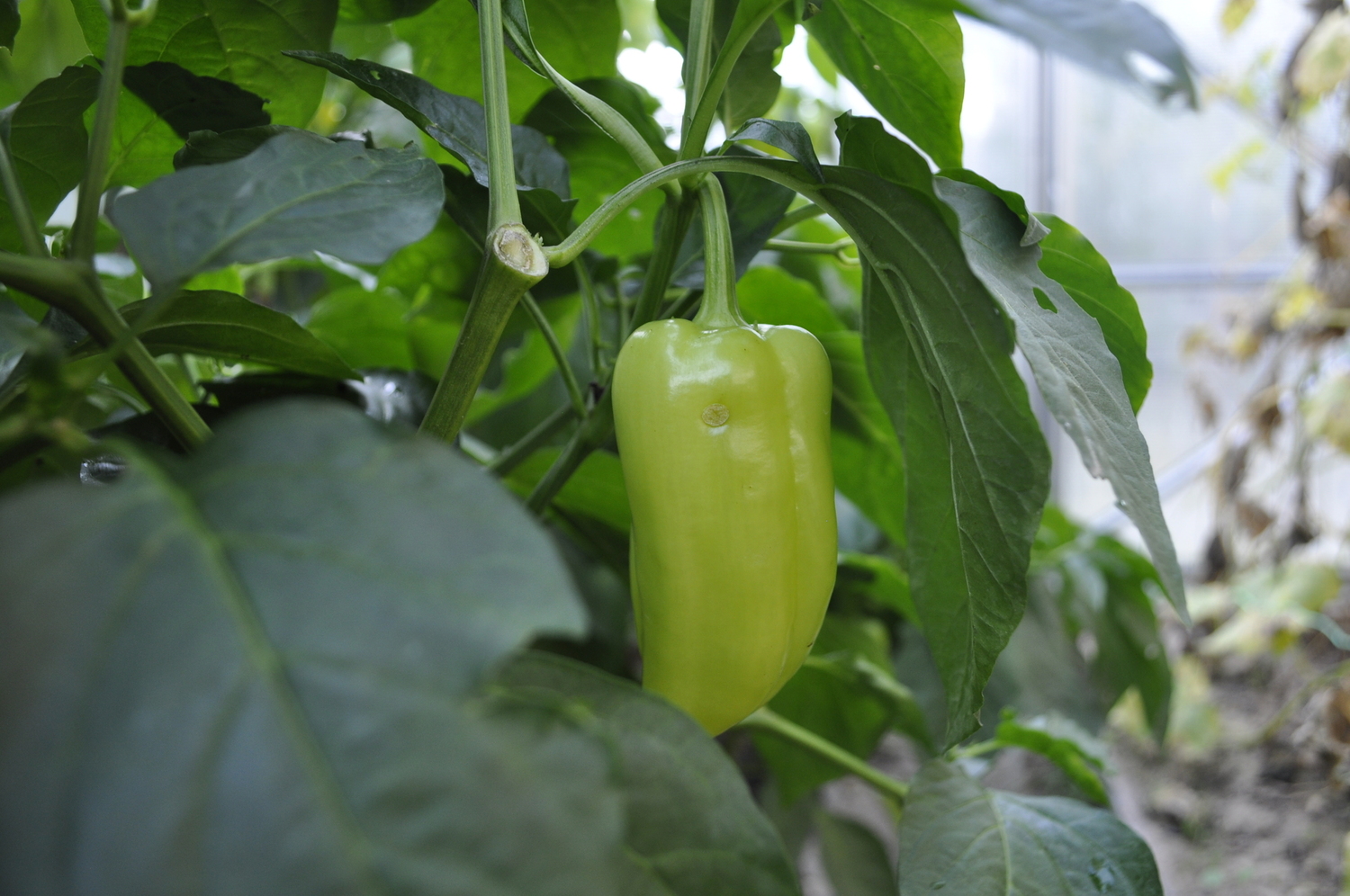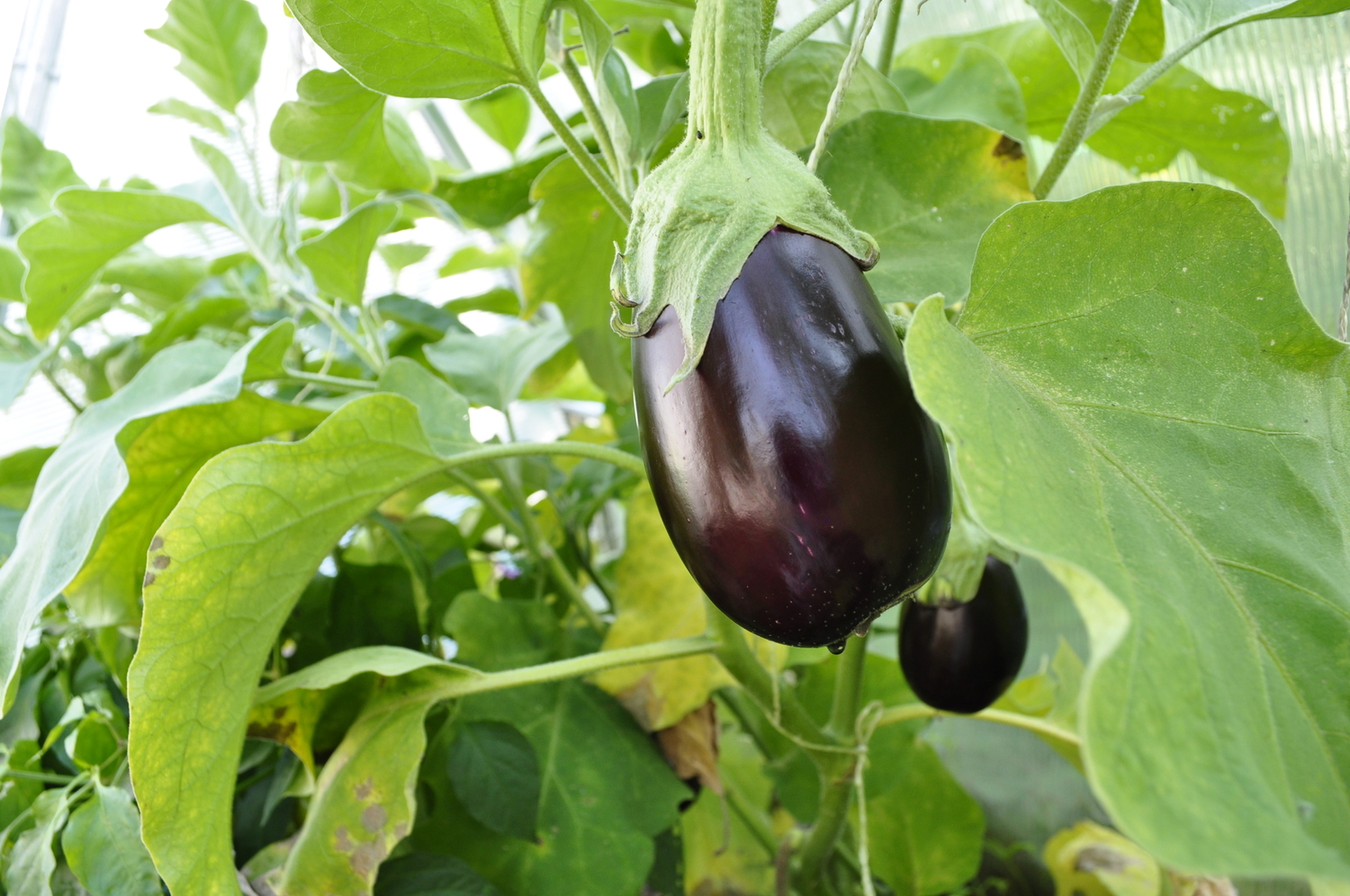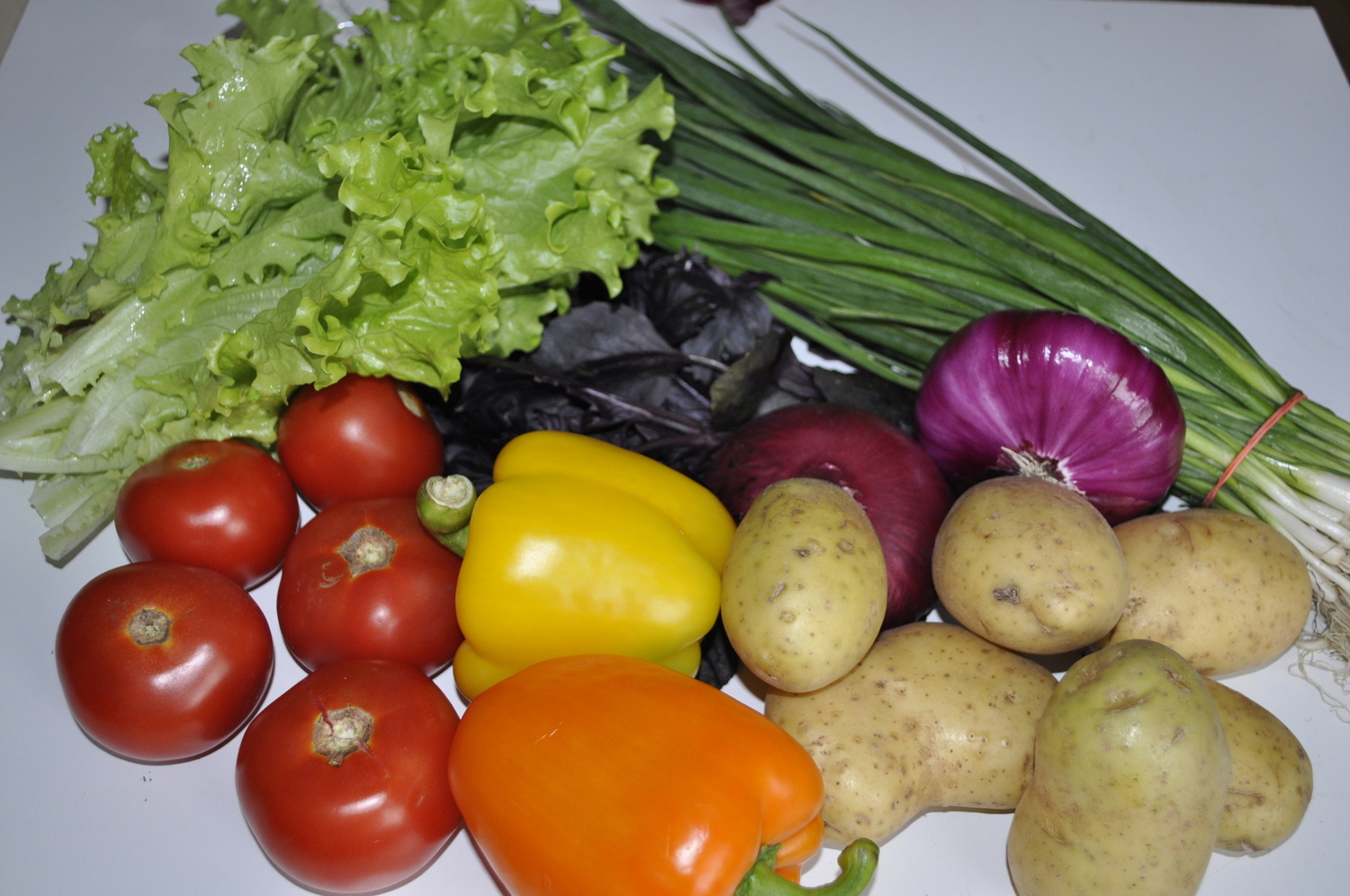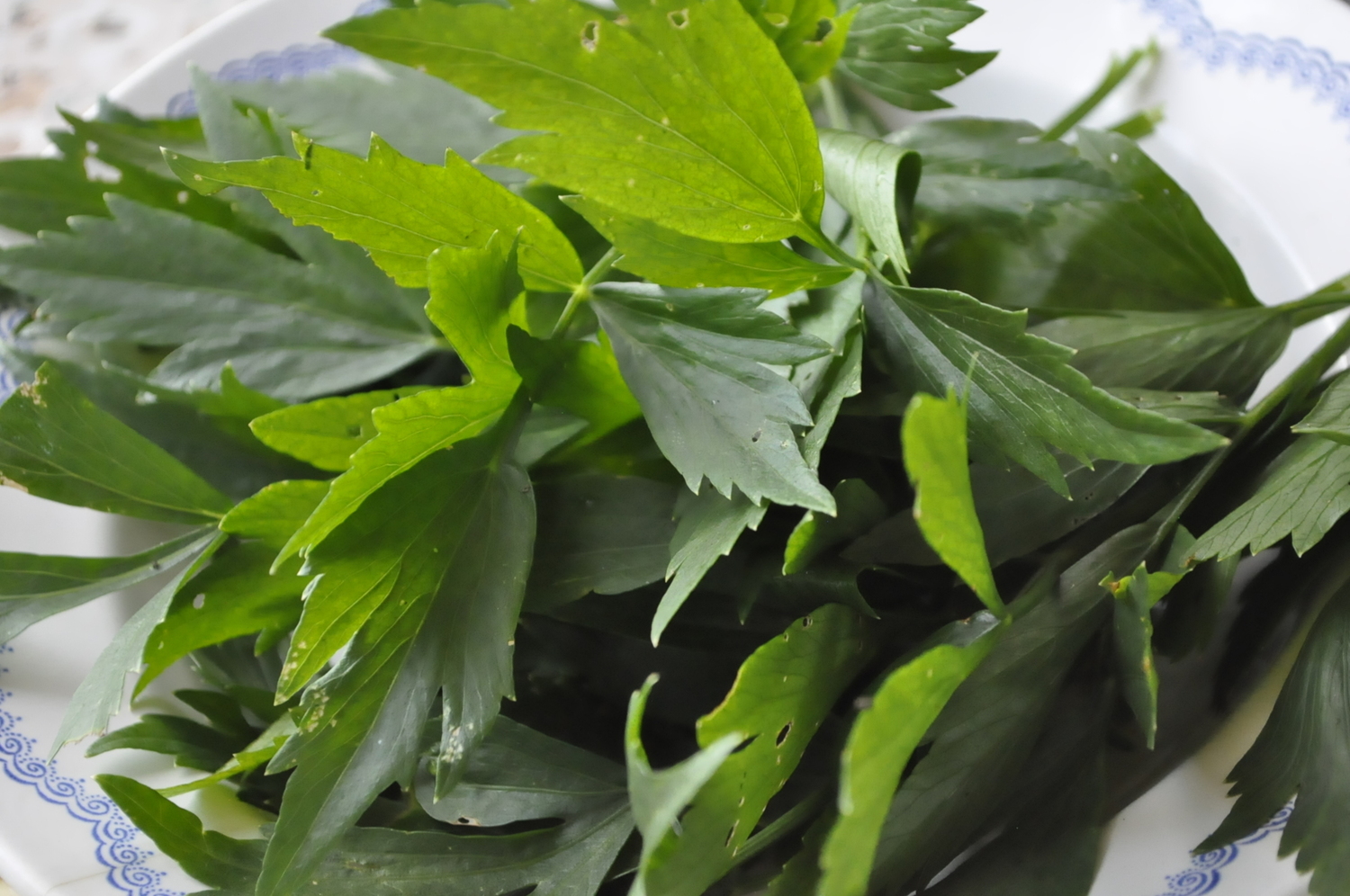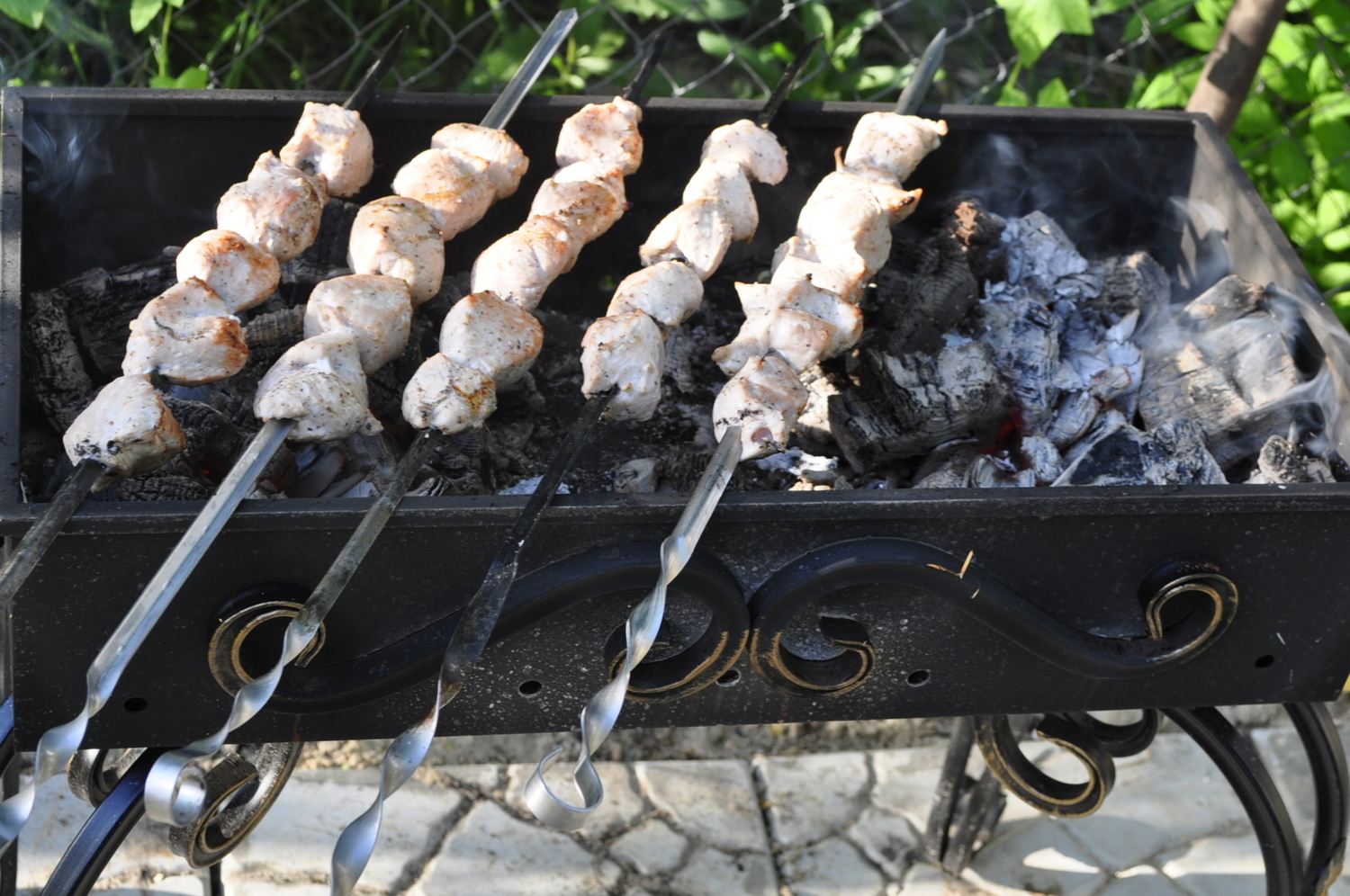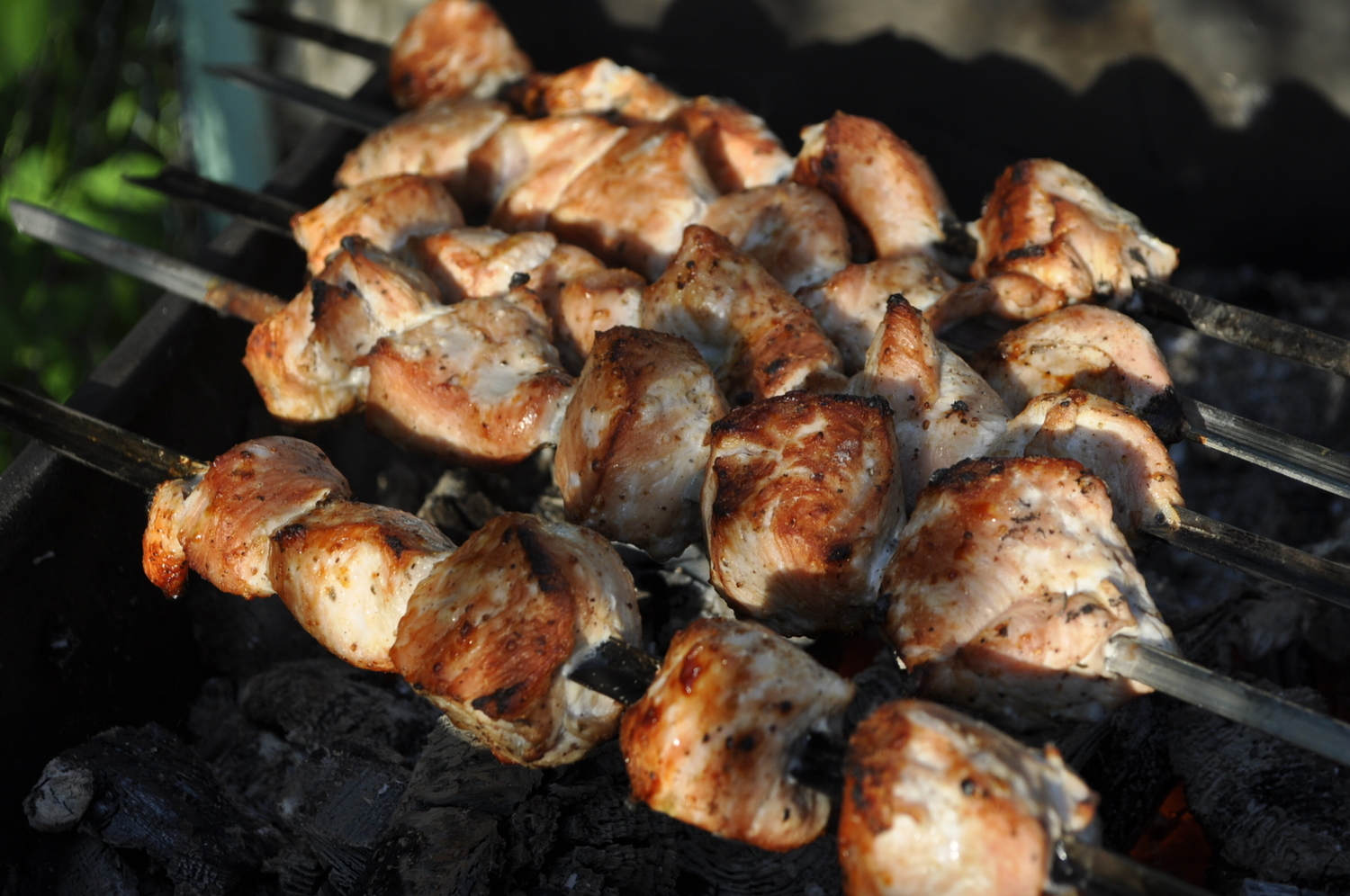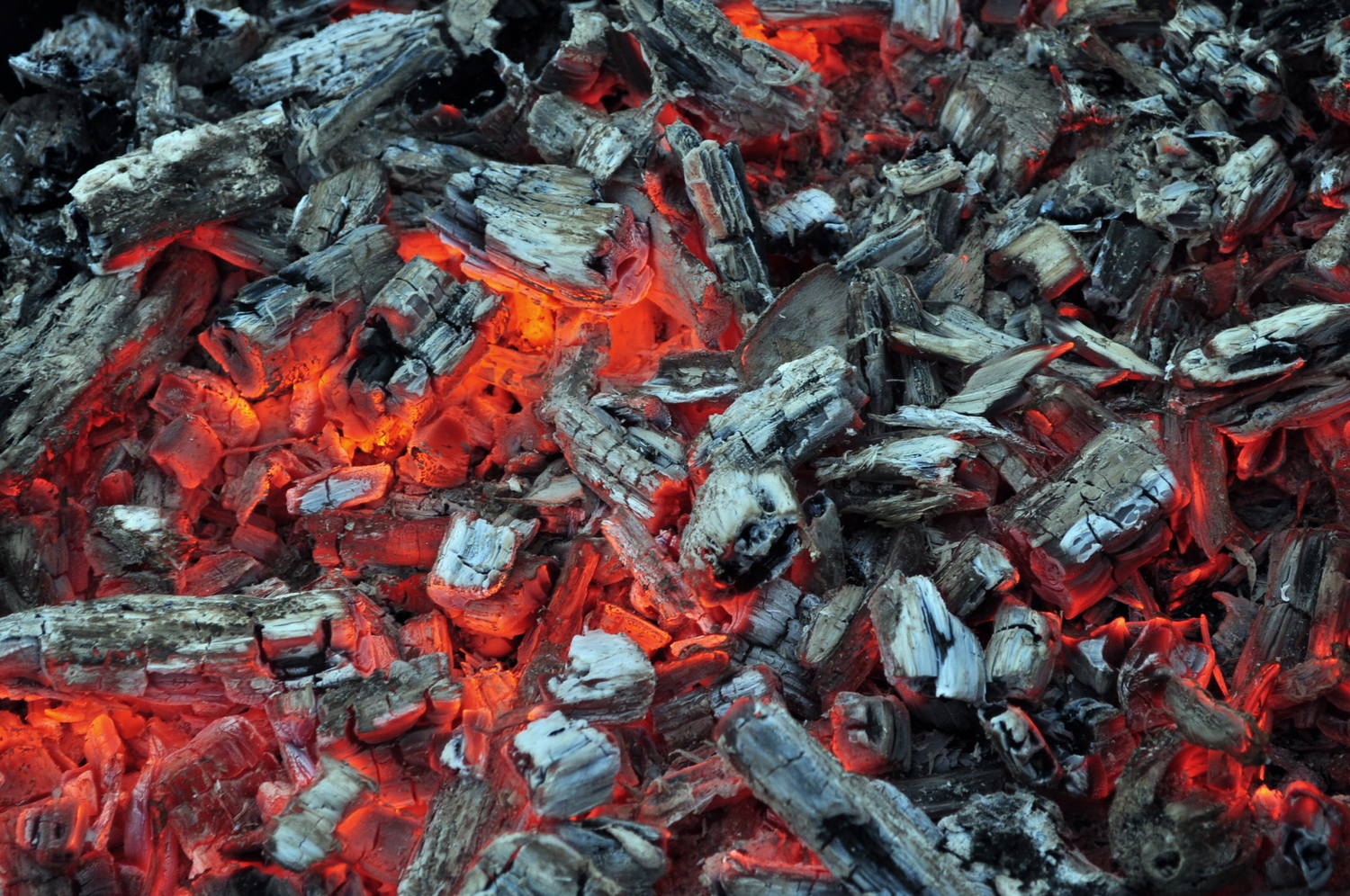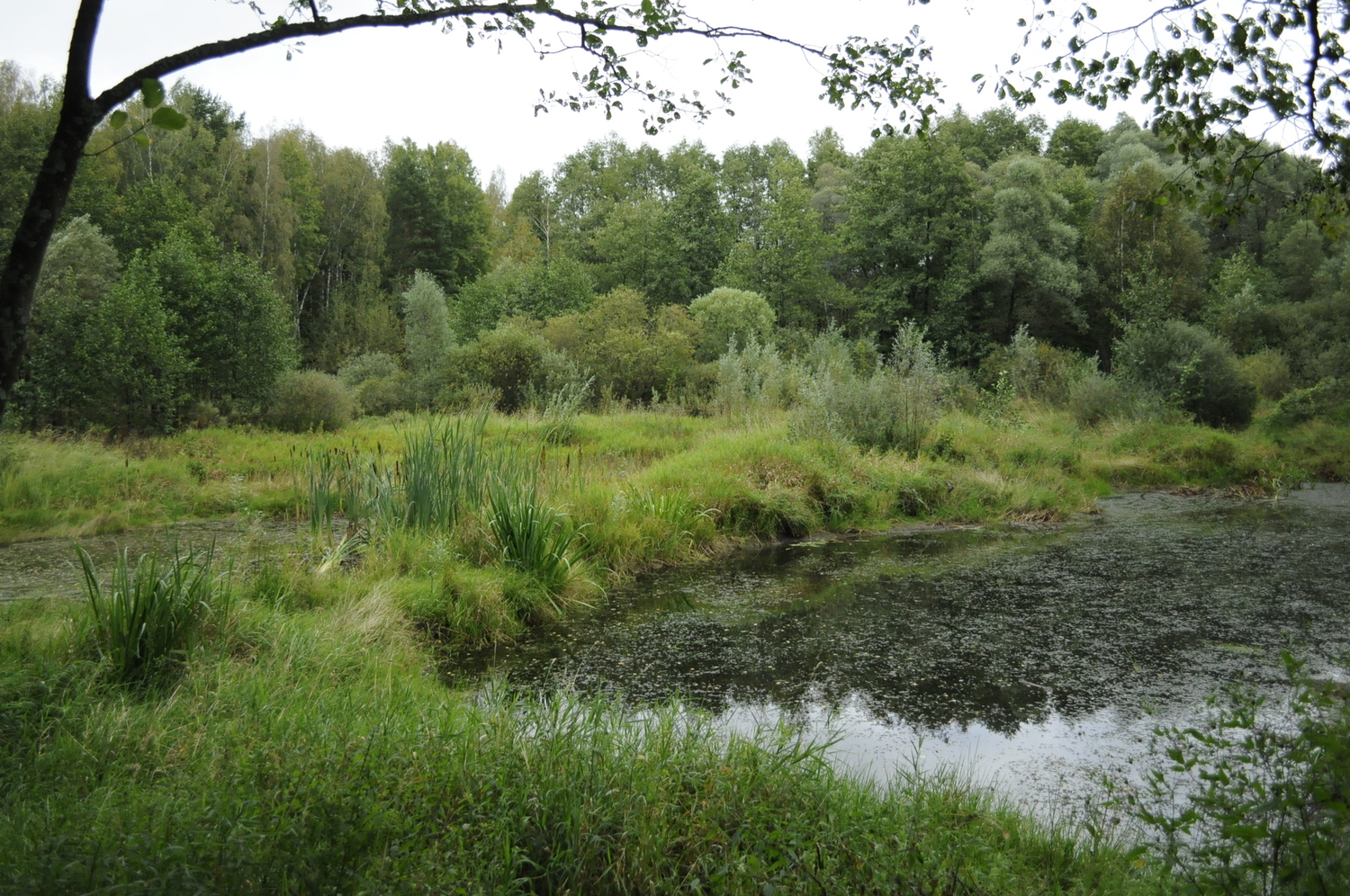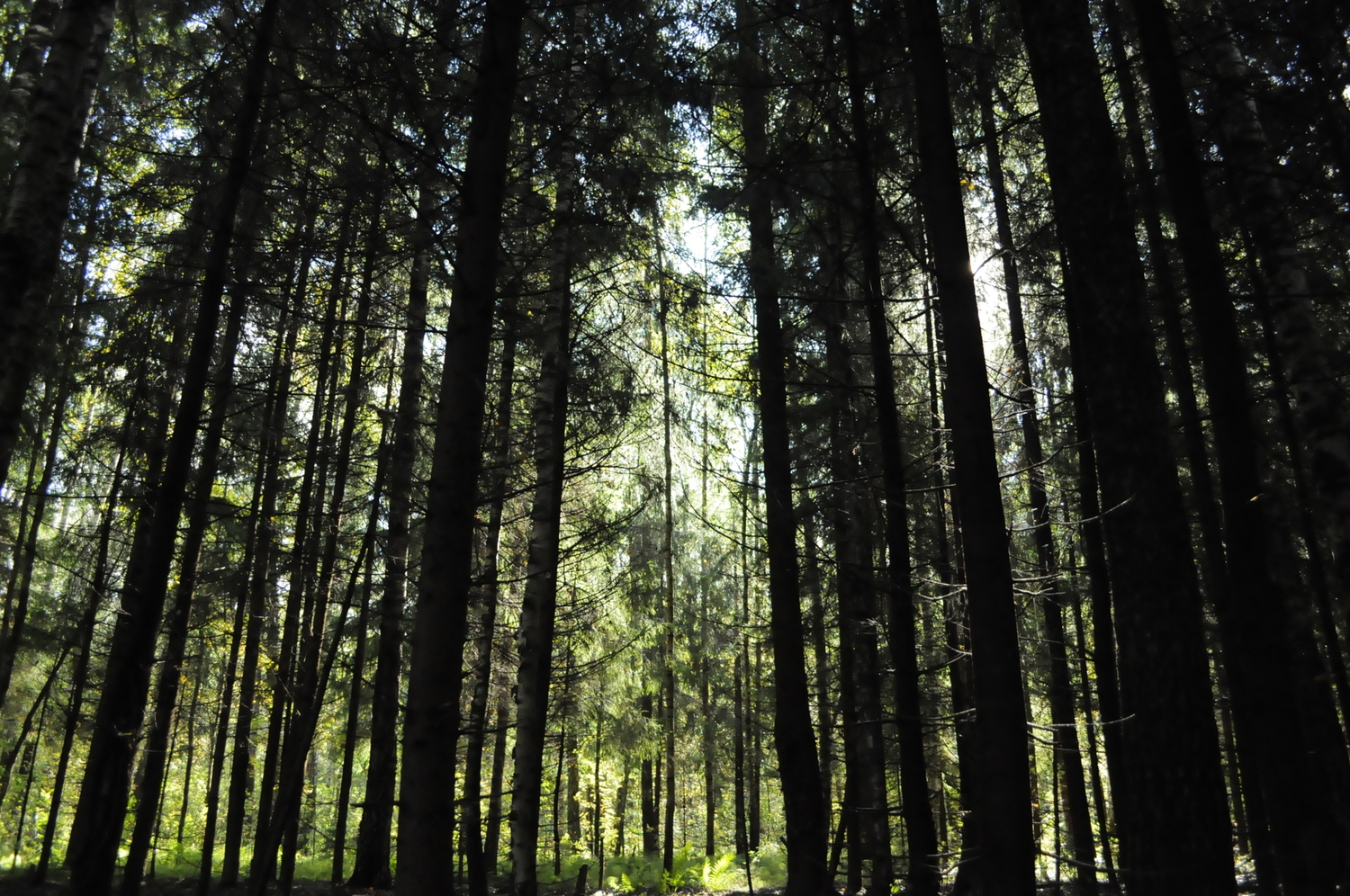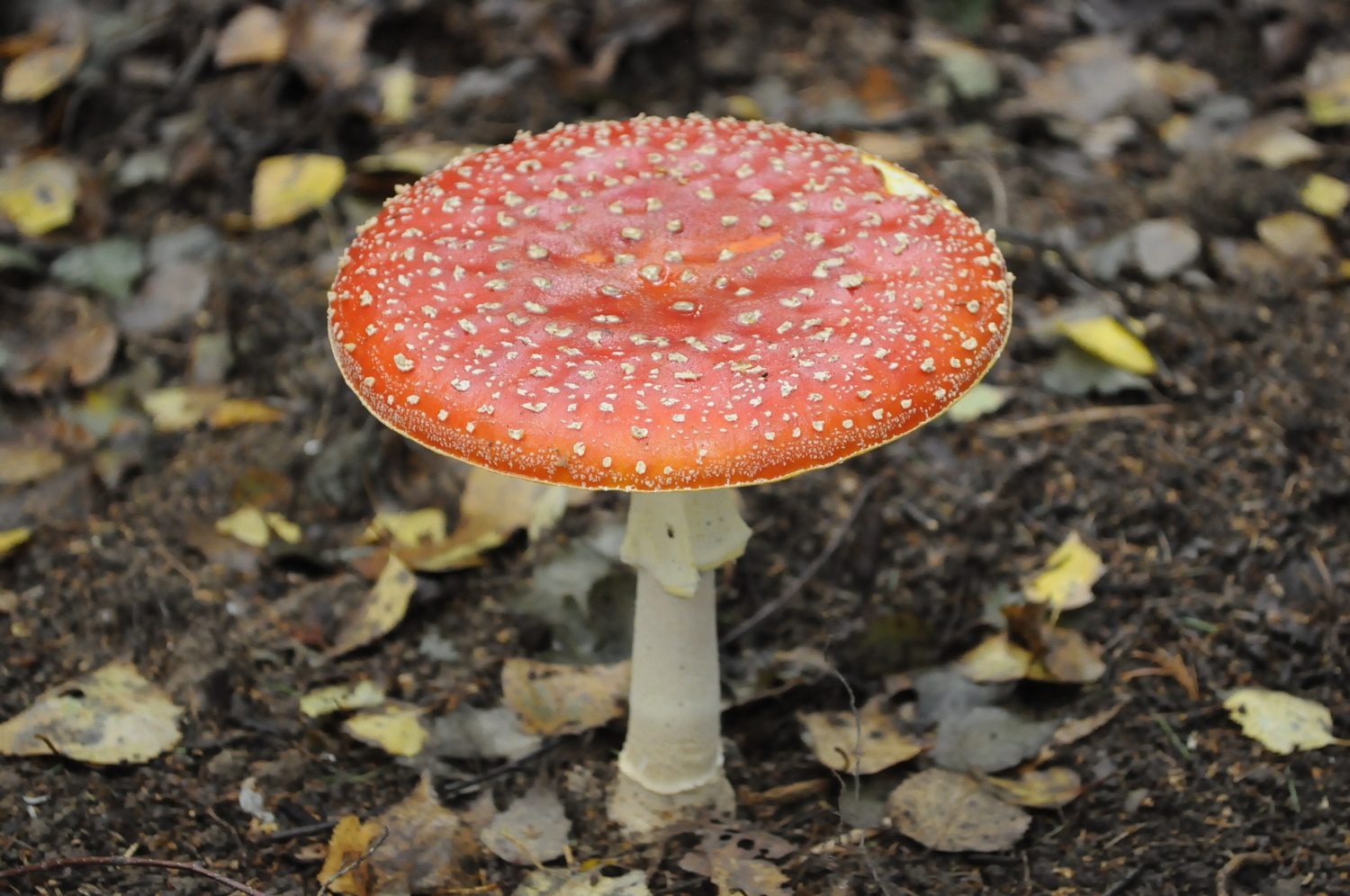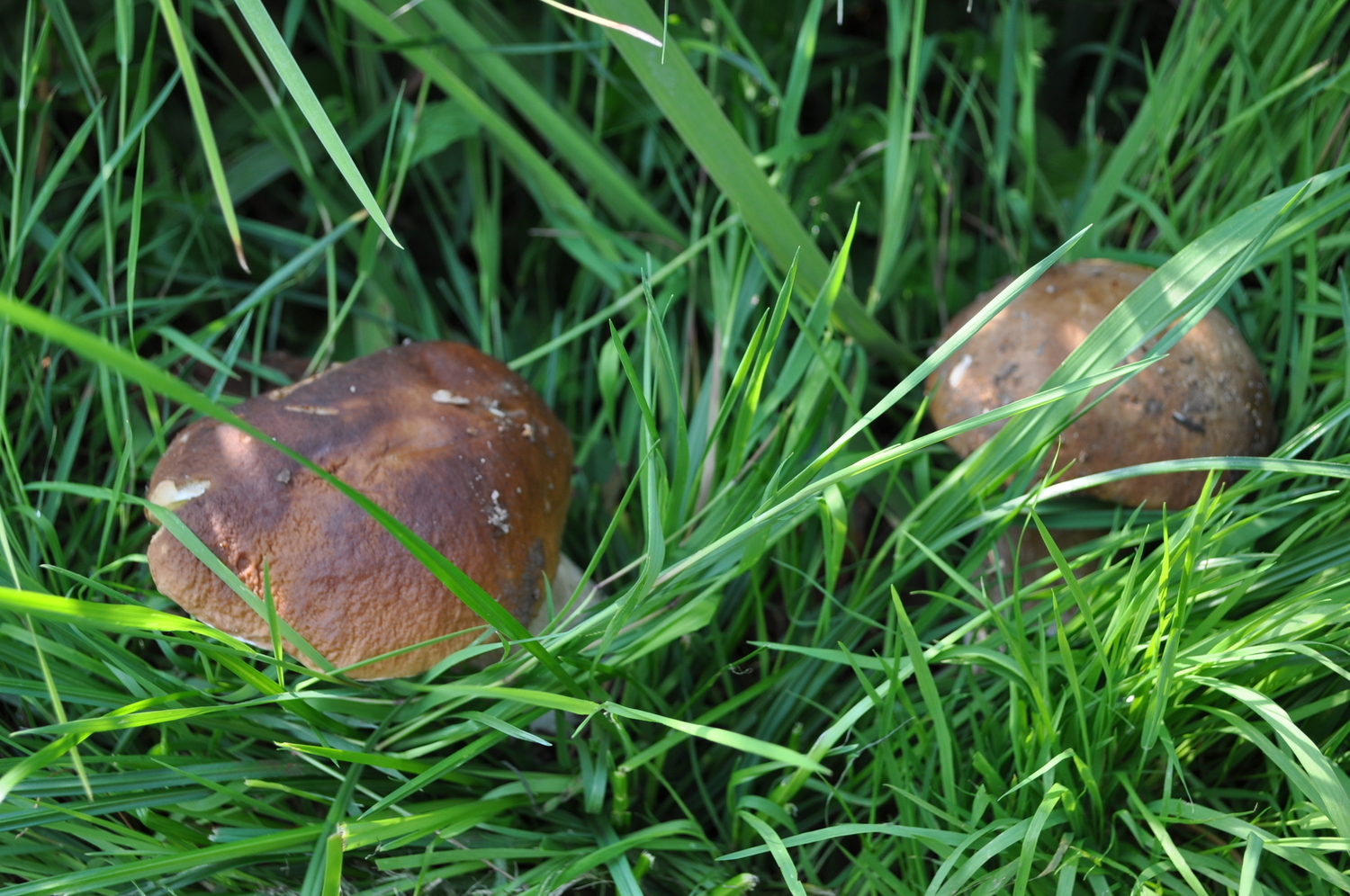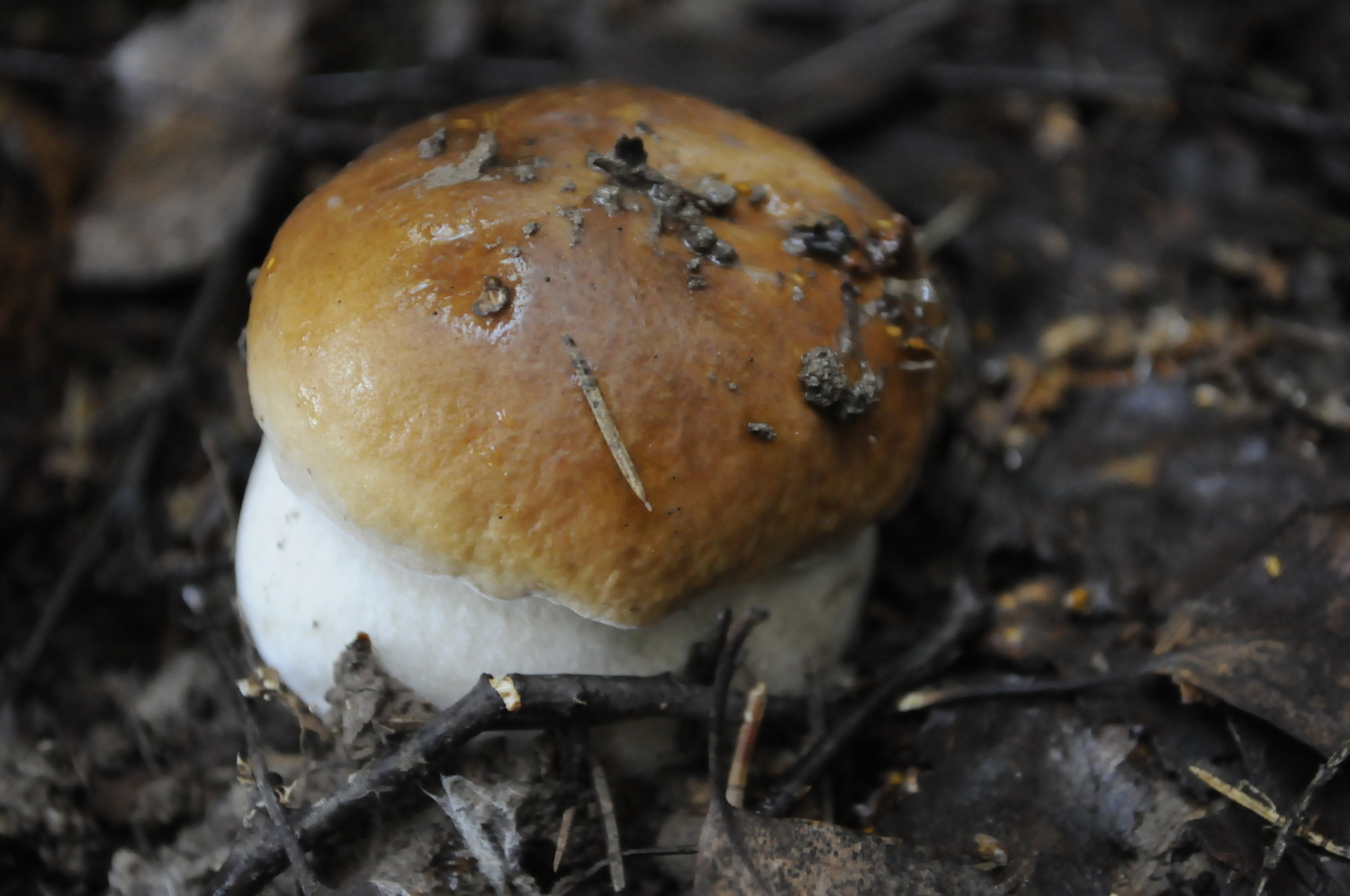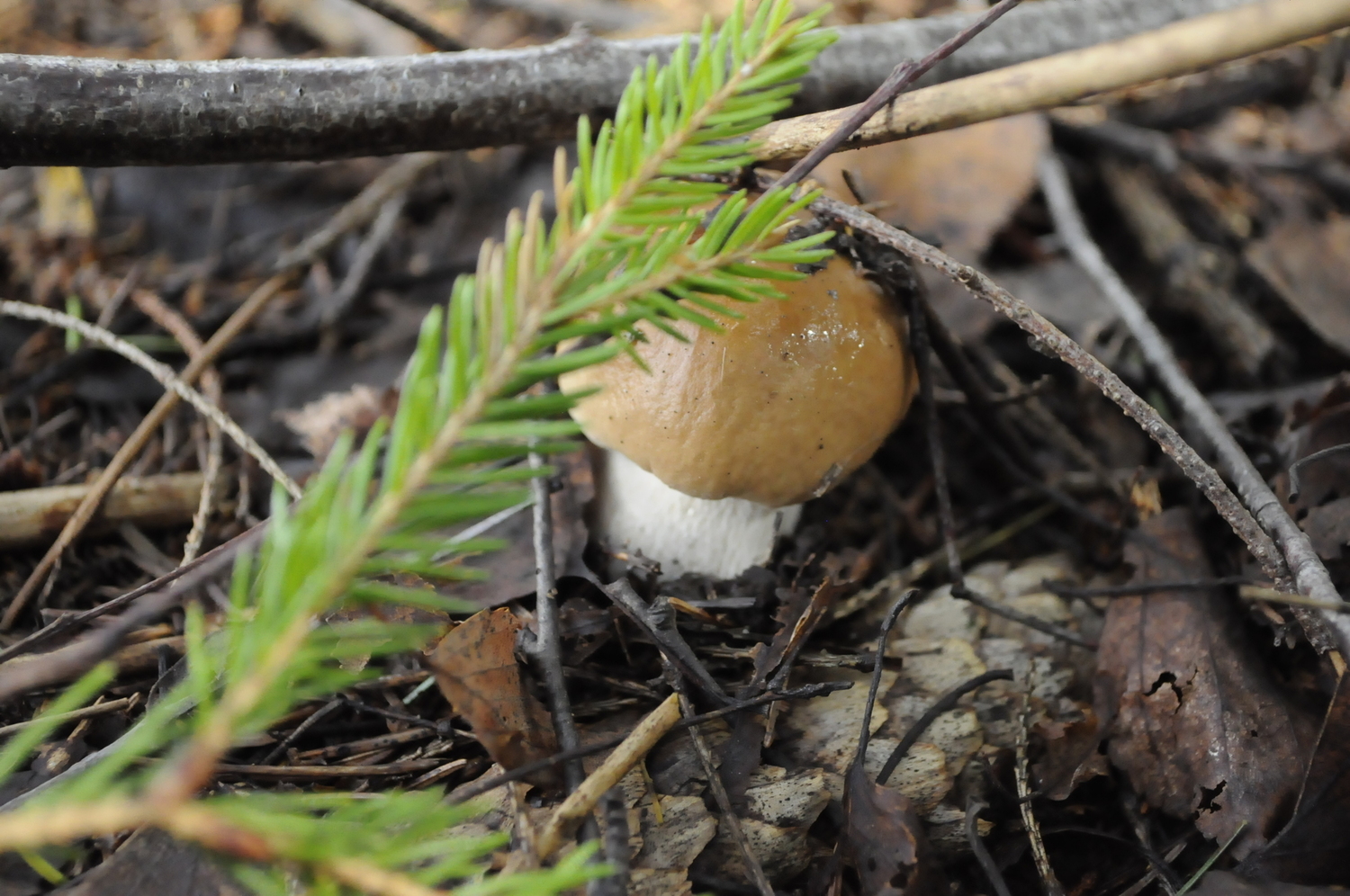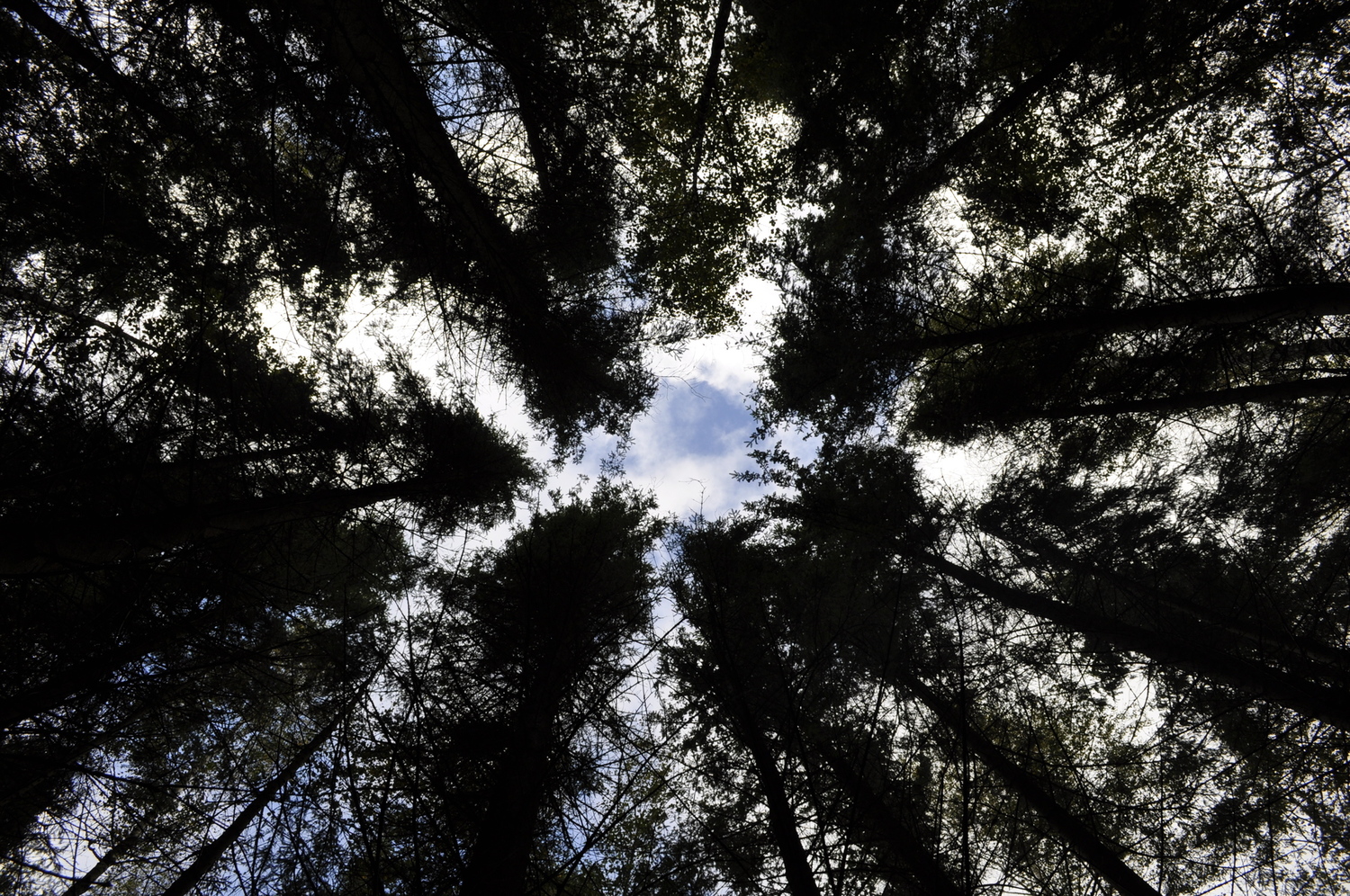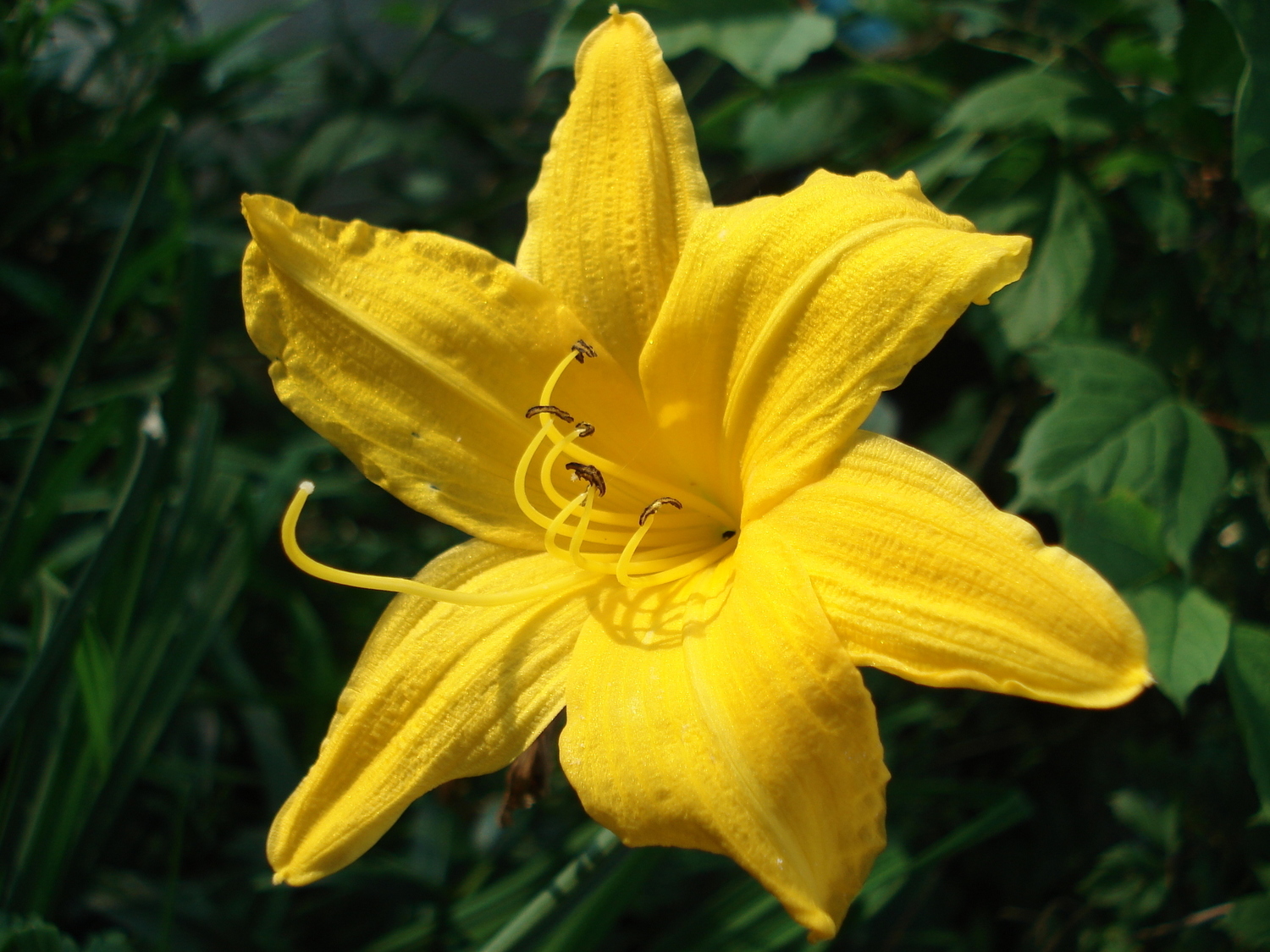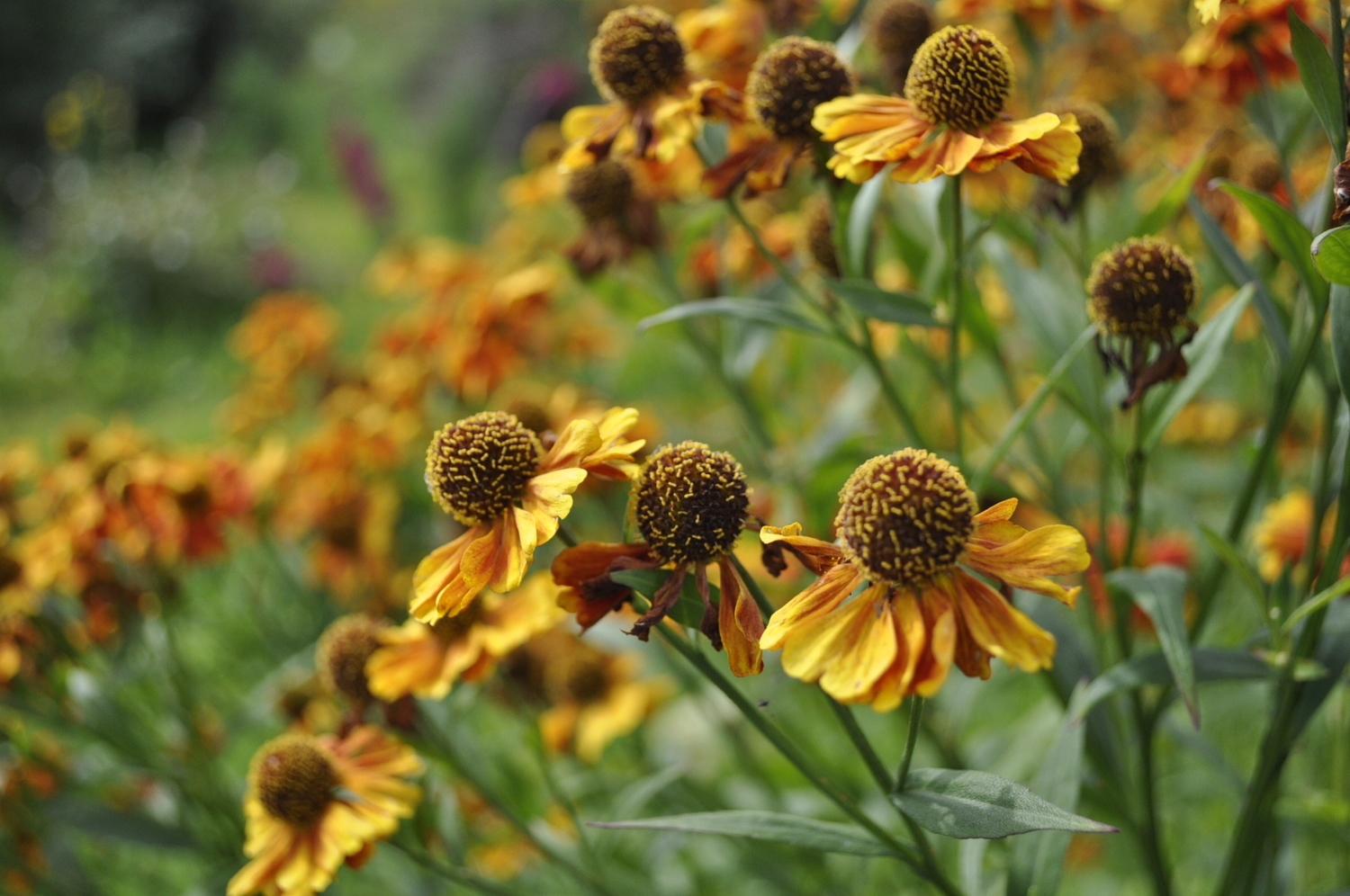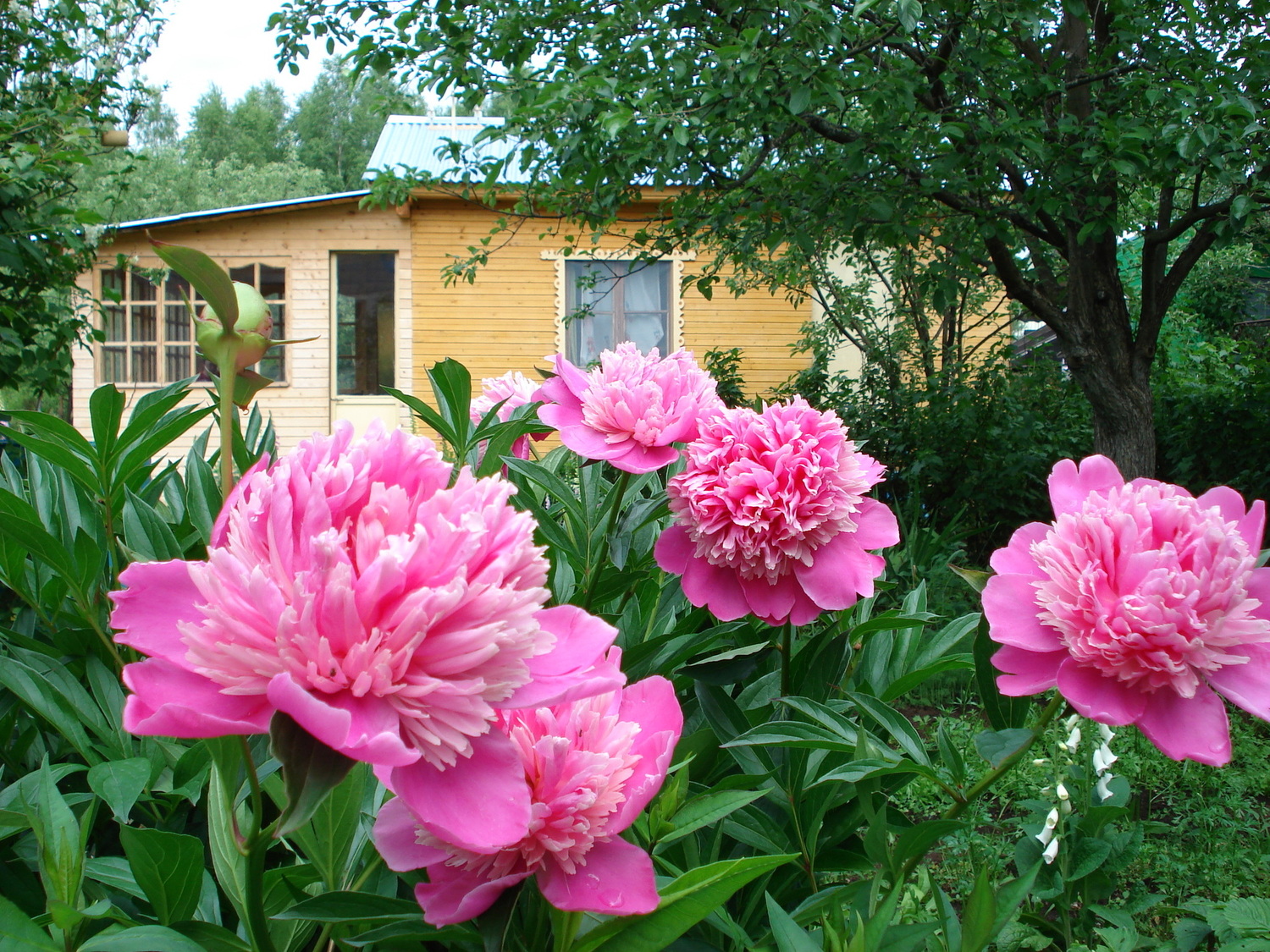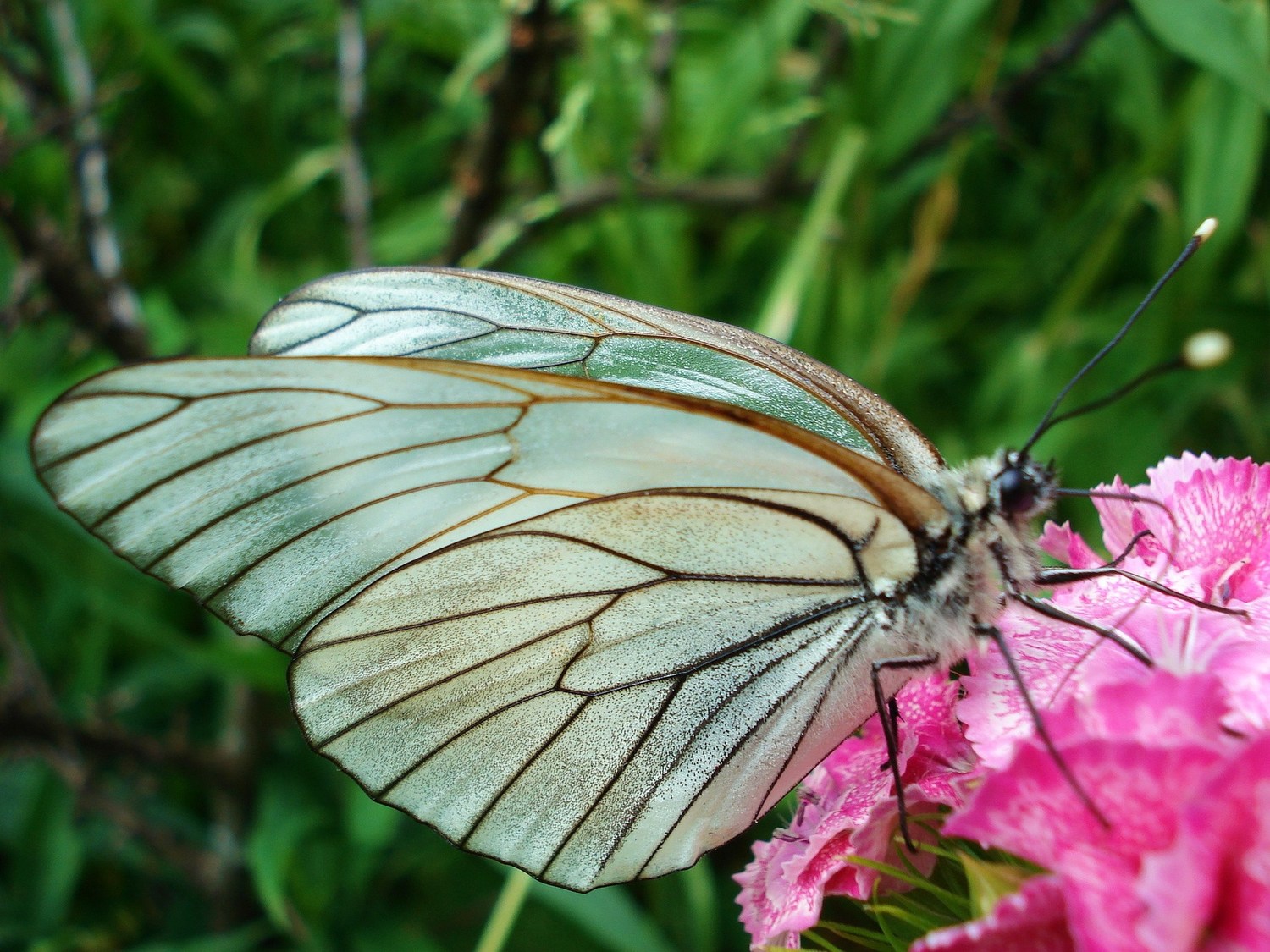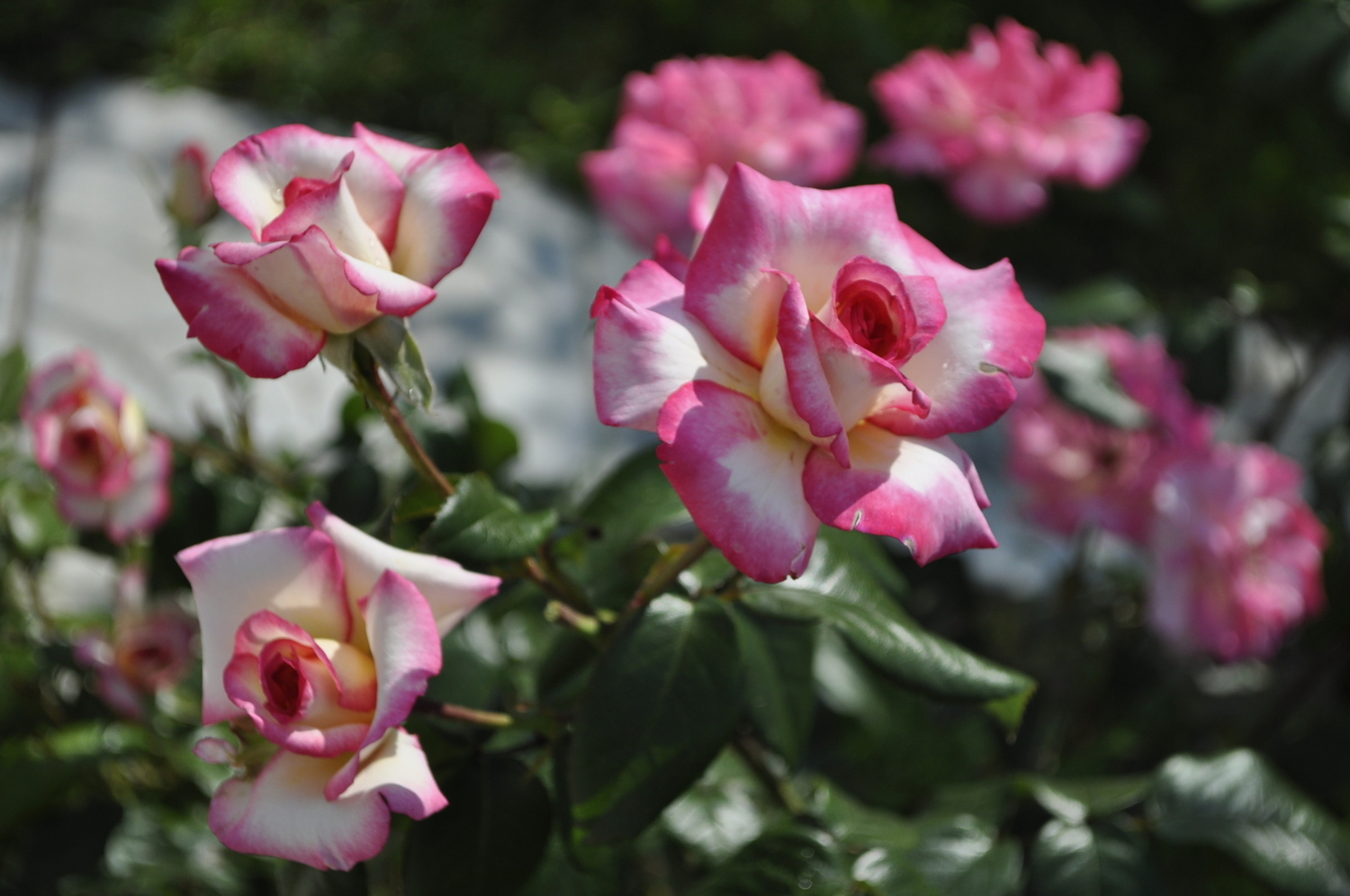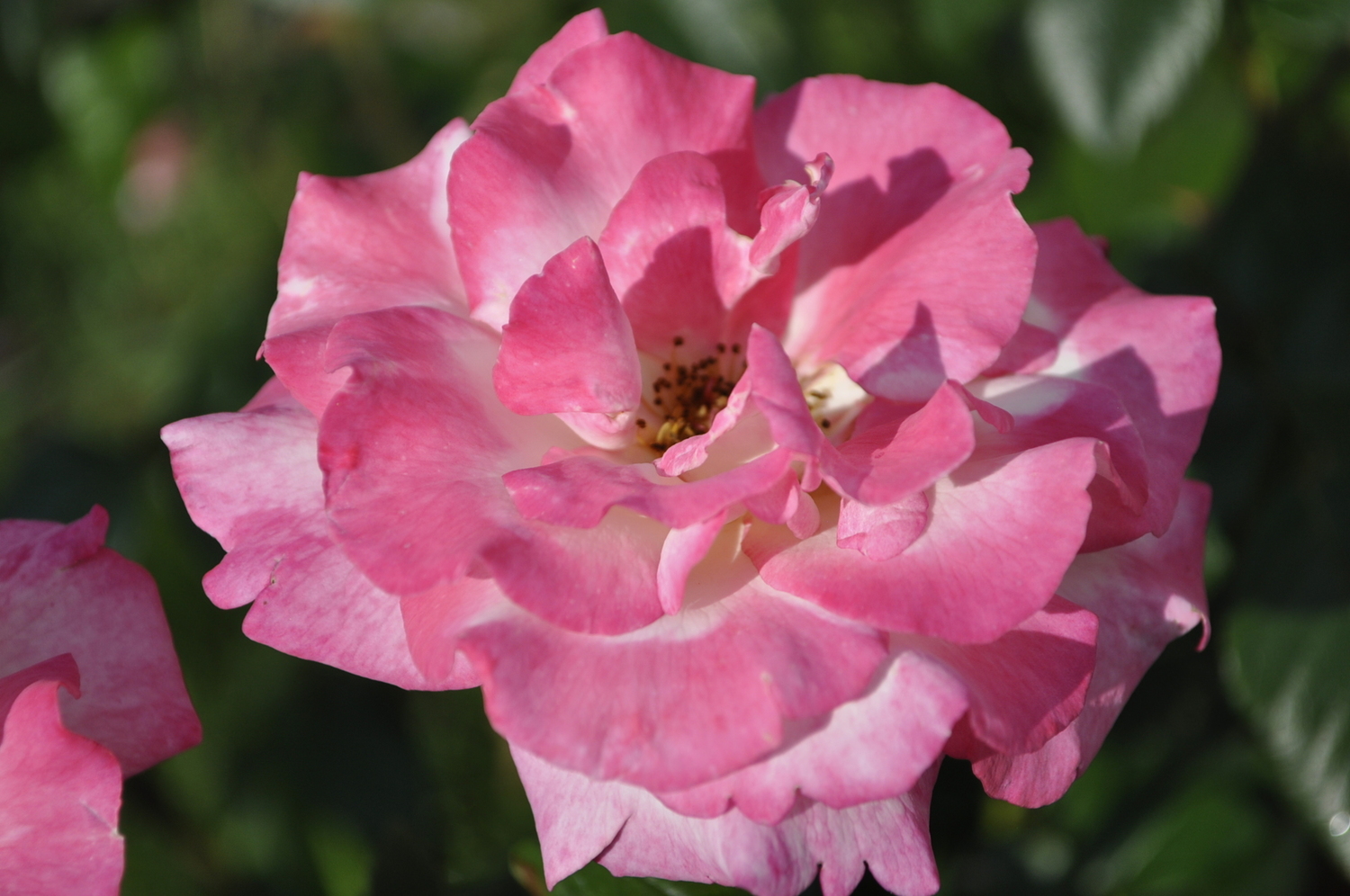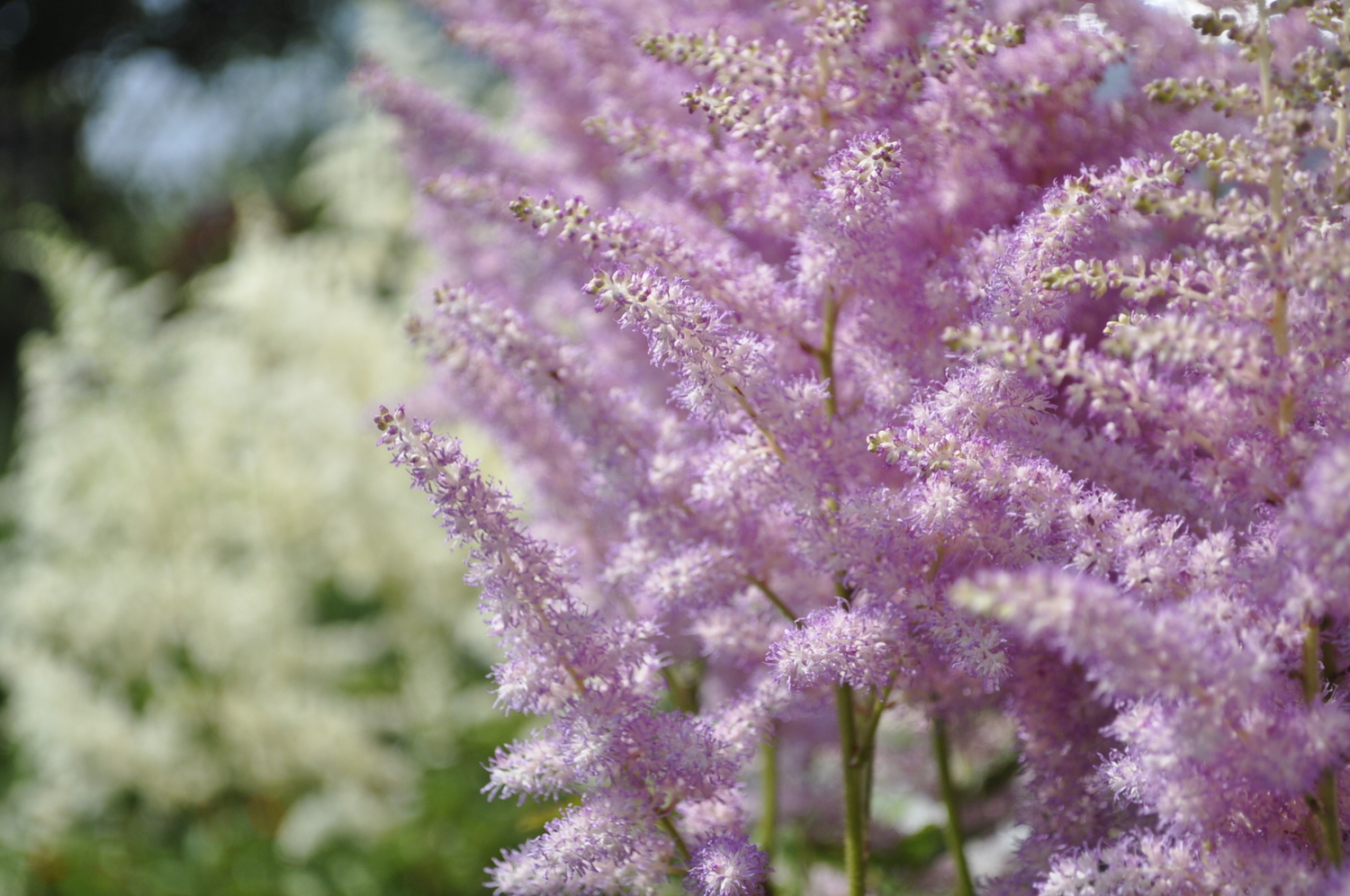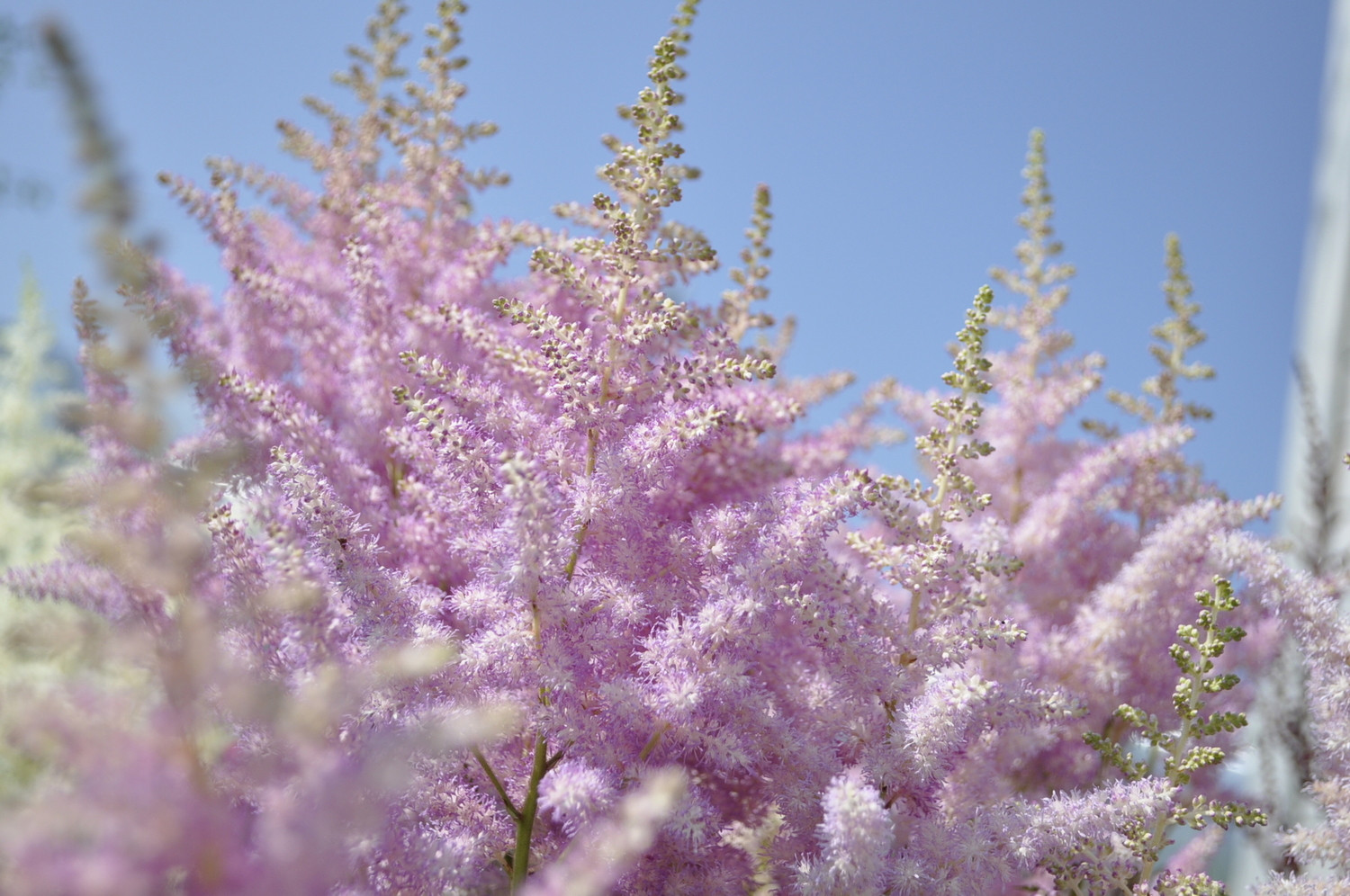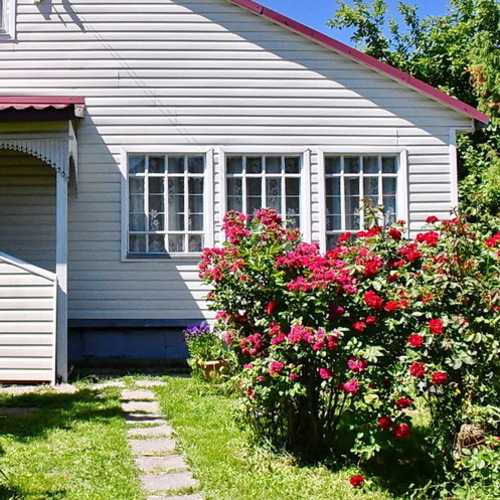Dacha. Summer holiday la russe
One time ago I fell to thinking where the word "dacha" had come from. There is an English word "cottage" meaning a country house. There are some French words such as "chalet" meaning a small country house and "maison de campagne" which is lesser-used in Russia and meaning a country house or residence secondaire. The Italians have "villa" meaning a village house, the Germans have "Sommerhaus" meaning a summer house or "Schrebergarten" which is a garden house with a patch with a gardening implements shedhouse.
I was amused to find out the word "dacha" is originally Russian one derived from a verb "to give".
In different European dictionaries "dacha" means a country house near a city. But in Russia we all aware "dacha" involves much more than that.
- © Victoria Lazareva, feelingthelife.com
- © Victoria Lazareva, feelingthelife.com
Malakhovka was my first dacha. My parents rented a small house there for whole summer. I remember finding a single-eyed tortoise on a road: " Mammy, Daddy, look! What a beautiful stone!" I remember "the sea"- a reservoir, lots of pine trees and plenty of soldiers at a kvass stall. I was three then...
- © Victoria Lazareva, feelingthelife.com
- © Victoria Lazareva, feelingthelife.com
- © Victoria Lazareva, feelingthelife.com
- © Victoria Lazareva, feelingthelife.com
- © Victoria Lazareva, feelingthelife.com
- © Victoria Lazareva, feelingthelife.com
Applying to my feelings and emotions I associate dacha with a smell of wood, mushrooms, wild herbs and sweet-smelling hay. Dacha is a juicy and full-ripe water-melon with its bright and fresh flavour. It is a warm and tender evening, a jacket filled with fire and barbecue smell and male cats yelling at night and squabbling about local territory and a female cat. It is a thin nightlight at your bed and your favorite book from your childhood. It is grasshoppers' stridulous song and a puffy and soft rap of moth’s wings on the window netting. It is an annoying h-h-humming mosquito, sudden pat is followed by silence. You are smiling being satisfied. It is a deep sleep you fall into being intoxicated by oxygen. It is morning and awkward rooster's crow and child scream and laughter later. Here is your neighbor starting his grass-mower. It is noisy but grass clipping sweet smell bursting into a room is a kind of bonus.
In brief dacha is a country cottage with a patch. Town dwellers come here for weekends and for a warm season starting May Day. It is the time when primroses, hyathintus and Narcissus are coming out from under the ground.
Summer cottage season ends in mid-September. At this time all flowerbeds are decorated with asters, gladioluses and chrysanthemums. Most often kids from Moscow and Moscow region go to schools with such flowers September 1. Surely children from other Russian cities and towns present such flowers to their teachers.
- © Victoria Lazareva, feelingthelife.com
- © Victoria Lazareva, feelingthelife.com
People treat dacha differently. But all summer visitors are knit by one amazing hobby-love for flowers. Horticulture passion keeps them on their toes. Plushy gardens are crowning glory for them.
One can see a summer cottage full of flowers and ornamental plants. Such gardens attract local residents of dacha settlement: some come to admire them, some come to discuss the landscape or ask for seeds and nursery transplants.
- © Victoria Lazareva, feelingthelife.com
- © Victoria Lazareva, feelingthelife.com
- © Victoria Lazareva, feelingthelife.com
- © Victoria Lazareva, feelingthelife.com
- © Victoria Lazareva, feelingthelife.com
- © Victoria Lazareva, feelingthelife.com
- © Victoria Lazareva, feelingthelife.com
- © Victoria Lazareva, feelingthelife.com
- © Victoria Lazareva, feelingthelife.com
- © Victoria Lazareva, feelingthelife.com
- © Victoria Lazareva, feelingthelife.com
- © Victoria Lazareva, feelingthelife.com
- © Victoria Lazareva, feelingthelife.com
- © Victoria Lazareva, feelingthelife.com
- © Victoria Lazareva, feelingthelife.com
- © Victoria Lazareva, feelingthelife.com
There are ones who go to dacha just to dig into the soil or to put in cucumbers, tomatoes, potatoes and bell peppers. If you calculate the self cost of dacha fruit and vegetables you may be surprised to see that your dacha cucumbers and apples may appeared to be very pricy. But self-grown! They are ecologically clean products.
Soil digging diverts you from city problems calming you down. During summer time you are able to watch all growth phases of plants: form the bedding moment to the harvesting. Brairds, sprigs, sets, fruit… It is so spellbinding.
- © Victoria Lazareva, feelingthelife.com
- © Victoria Lazareva, feelingthelife.com
- © Victoria Lazareva, feelingthelife.com
- © Victoria Lazareva, feelingthelife.com
- © Victoria Lazareva, feelingthelife.com
- © Victoria Lazareva, feelingthelife.com
- © Victoria Lazareva, feelingthelife.com
- © Victoria Lazareva, feelingthelife.com
- © Victoria Lazareva, feelingthelife.com
- © Victoria Lazareva, feelingthelife.com
- © Victoria Lazareva, feelingthelife.com
- © Victoria Lazareva, feelingthelife.com
Someone is more interested in meeting friends, getting some UVs, having some rest or going fishing. An in the evening-making fish broth or barbecuing. There is one more reason for going to dacha – to get some fresh air, walk in the forest picking up mushroom and berries, have a swim in the river, lake or a pool, play badminton or ping-pong, set the table for the other selves and their people.
- © Victoria Lazareva, feelingthelife.com
- © Victoria Lazareva, feelingthelife.com
- © Victoria Lazareva, feelingthelife.com
- © Victoria Lazareva, feelingthelife.com
- © Victoria Lazareva, feelingthelife.com
- © Victoria Lazareva, feelingthelife.com
- © Victoria Lazareva, feelingthelife.com
- © Victoria Lazareva, feelingthelife.com
- © Victoria Lazareva, feelingthelife.com
- © Victoria Lazareva, feelingthelife.com
First dachas appeared in Russia under Peter the Great. They were manor-houses near St. Petersburg which were presented by Peter the Great to his attendants for Merit to the Fatherland.
It was the time the word "dacha" became ingrained in everyday lives.
Some background
Manor-houses in Moscow region are modern dachas’ forefathers.
Later in the second part of the 19th century there was a new social class appeared in Russia – they were functionaries, clerisy, engineers, doctors who did not have manor-houses but they eagered to leave smoggy towns. They didn’t buy dachas but rented them for 3-4 warm months saving on their town residences (they left their town residences with their property and belongings renting another one for winter time).
Old-dacha places of Moscow Region
At Soviet times all Russian cities and Moscow in particular became surrounded by settlements for governmental, scientific and artistic elite’s summer holiday.
Today such settlements are called old-dacha places. The most well-known, prestigious and expensive old-dacha places are along Rublevo-Uspenskoye Highway. Representatives of the political elite of the Country took up their residence in Barvikha and Zhukovka villages.
There are a lot of old-dacha places of literary figures, composers, and military people on the way to Yaroslavl. They are: Boloshovo, Valentinovka, Zagorskoe. Later settlements for astronauts and scientific employees dealing with outer space exploration started to appear in this area. On the way to Minsk Peredelkino settlement is the one to be mentioned particularly. Old writes’ dachas are here. On the way to Ryazan there is one more old-dacha place called Malakhovka which held composers, bards, artists and sportsmen in thrall.
- © Victoria Lazareva, feelingthelife.com
- © Victoria Lazareva, feelingthelife.com
- © Victoria Lazareva, feelingthelife.com
- © Victoria Lazareva, feelingthelife.com
- © Victoria Lazareva, feelingthelife.com
- © Victoria Lazareva, feelingthelife.com
- © Victoria Lazareva, feelingthelife.com
- © Victoria Lazareva, feelingthelife.com
We all “come from childhood”. My childhood is a far dacha near Shatura which is 130 kilometers far from Moscow. One my schoolmate – a spoilt prefect’s son - burst out laughing once: “130 kilometers far?! What sort of dacha is that?” – meaning the difficulty of getting there cause it usually took at least 3-4 hours. But it was dacha anyway! A favorite one. Everywhere as far as the eye can see there are peat bogs and lakes which are black and oily with yellow water-lilies and white Water lilies with snakes and small lizards under your feet, stridulous dragonflies near your ear.
The air is full of sweet aroma of sedge and bulrush. There is a green springy carpet made of moss and fields of red bilberries, blueberries and cranberries. Both sides of an abandoned narrow-gauge have become overgrown with fern tall as a man and forest raspberry tousles. Summer air is special- it is long-winded. Along toward evening the piping of frogs starts followed by pesky pipe of gnats. While making a fire, we string slices of whole wheat bread broiling them. Not to be beset by mosquitoes we move closer to the fire – there are not so many of them. Knees are hot, back is cold. Trying to stand. By night we put some potatoes into guttering coal waiting for them to bake. We look up at the sky spangled with stars. Here is The Plough of Big Dipper… We come down to Earth from the clouds: we get a blackened potato tuber out of the fire, chill it, peel and mash it. There is something yummy inside. And there is just one thing left to be done – to salt.
Nowadays a lot of people have dachas...
Dachas differ. Some are associated with Iran sheikhs’ palaces with hectares of land surrounded by a 3-meter fence around the perimeter. Others are quite plain with small plywood houses with moderate vegetables garden on 6 decares of land.
Dacha is able to narrate a lot about its owner: his status, income, taste preferences.
Everything-Russian admires prefer to have log houses and banyas (Russian saunas) which are warm and cozy. Some prefer function houses like Canadian ones or are fond of eco-buildings. Others build houses made out of brick for forevermore to be inherited by their grandchildren. There are those who try to achieve their child dreams building a castle with towers.
